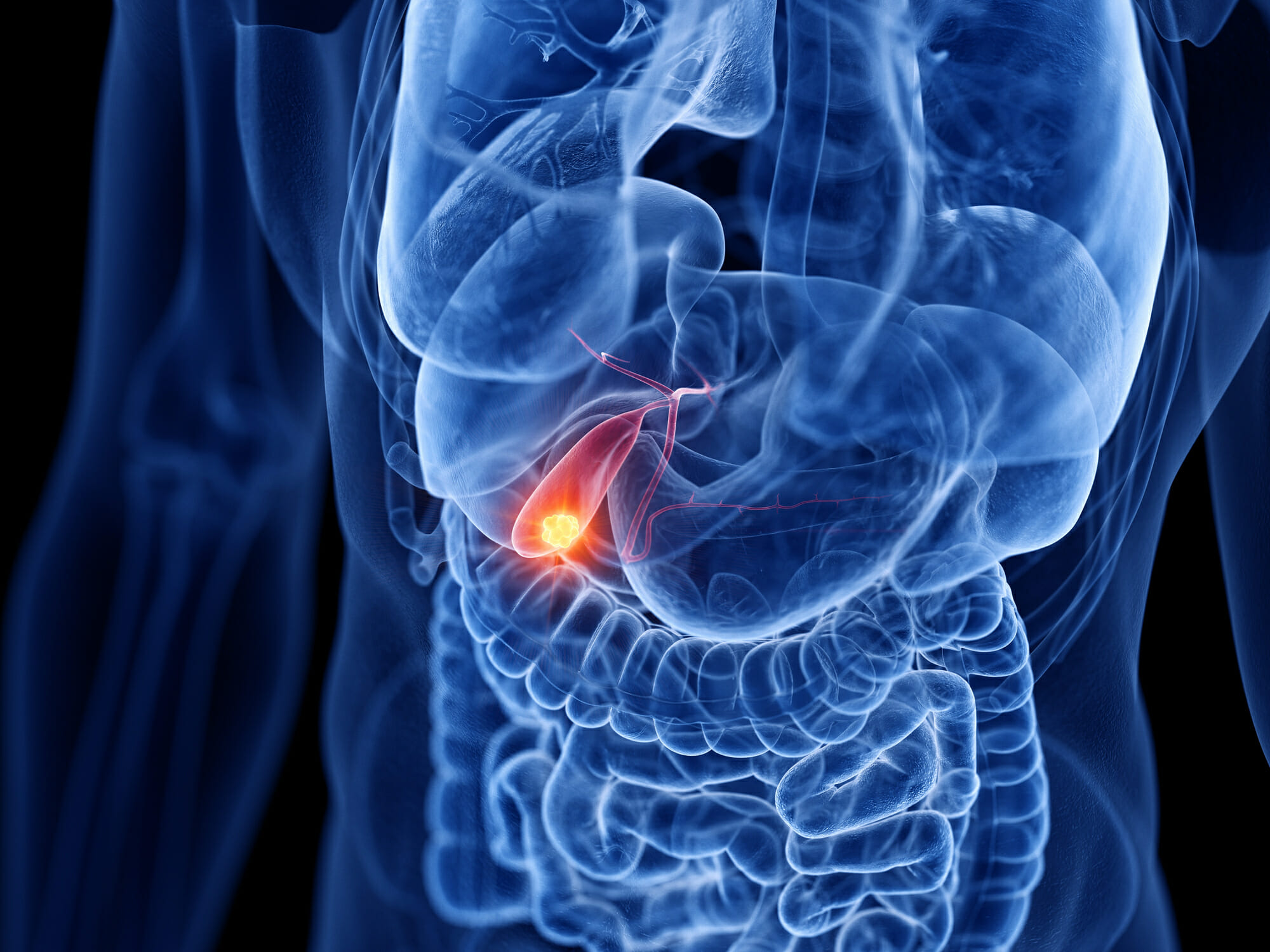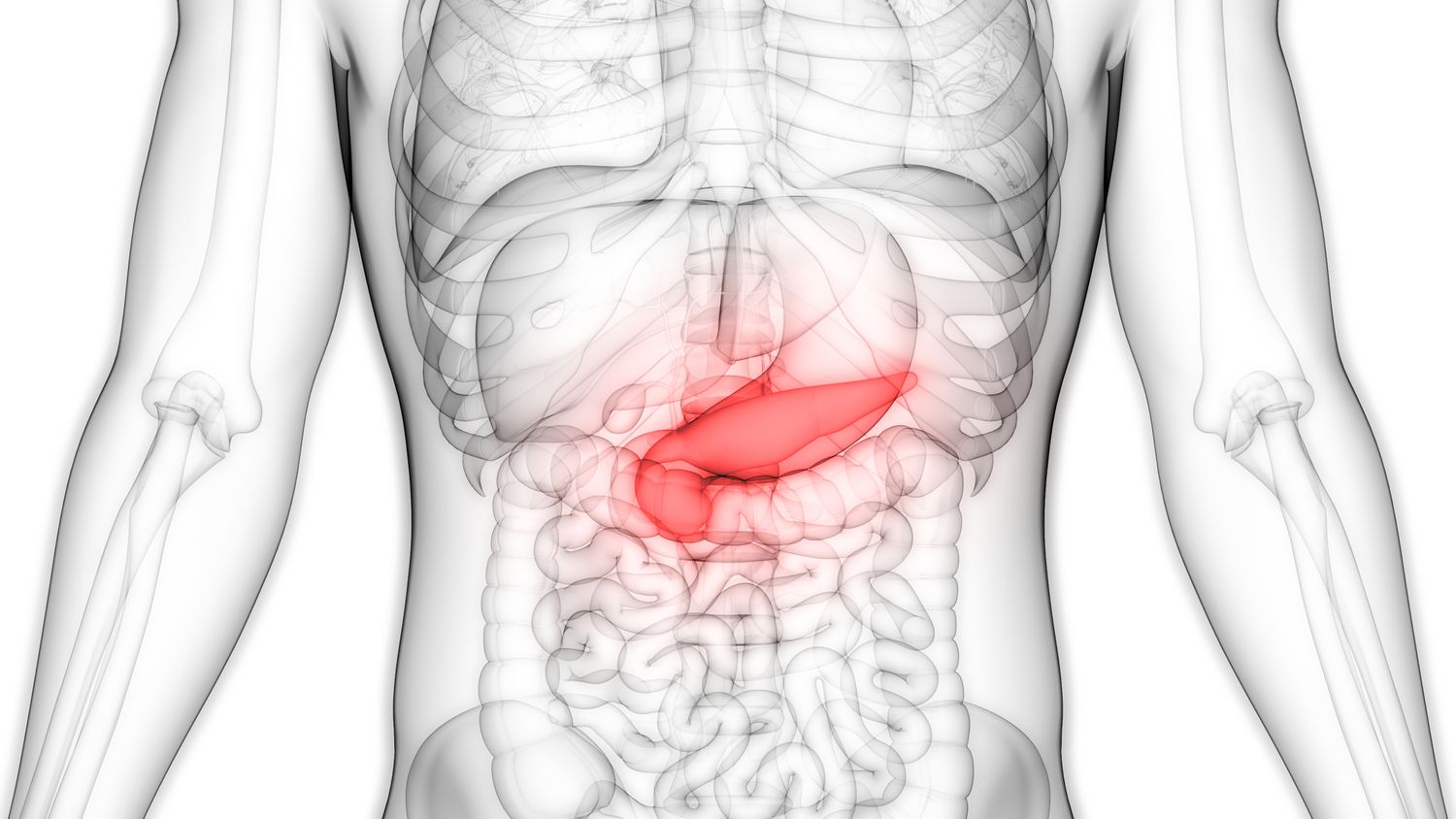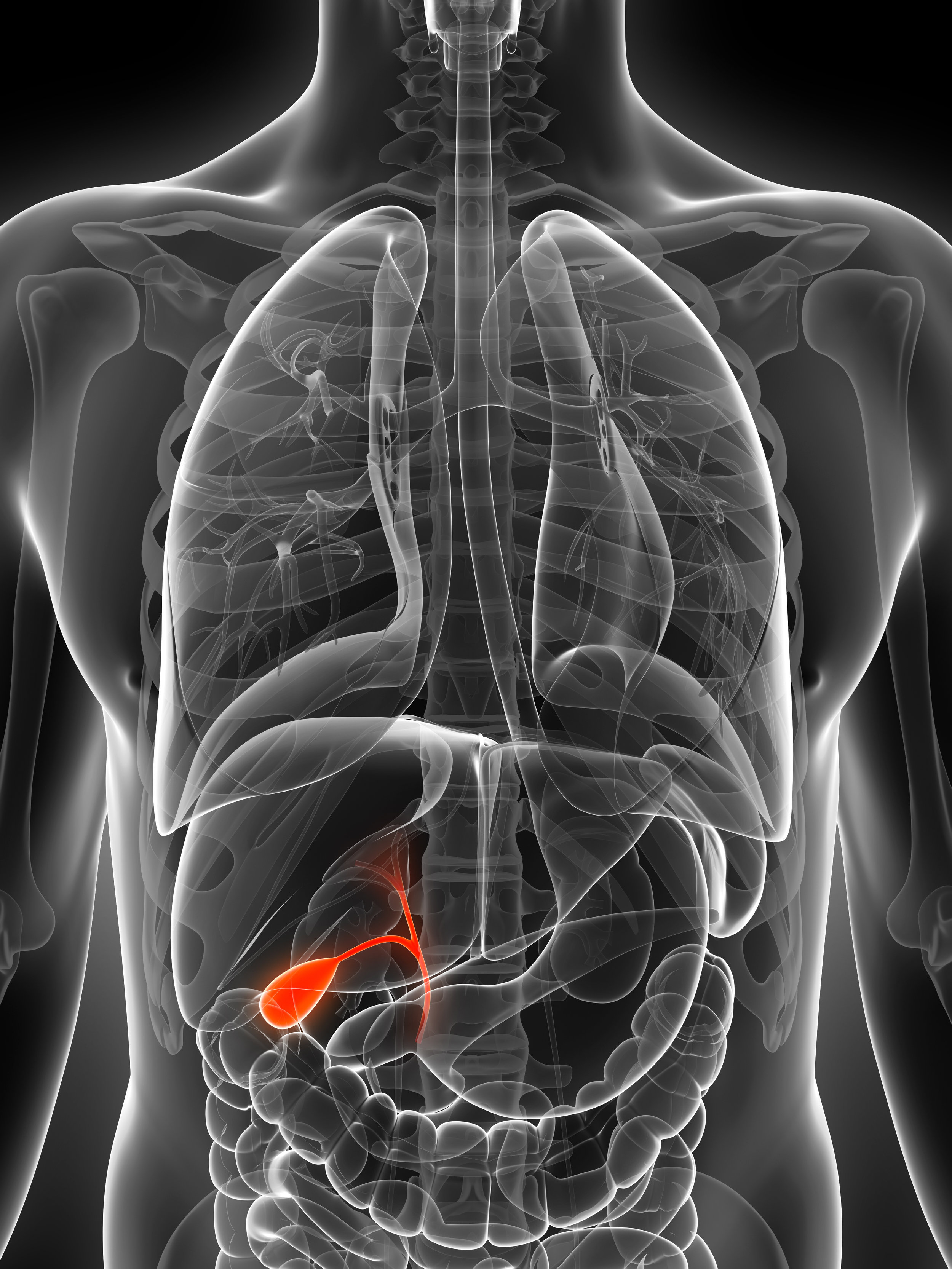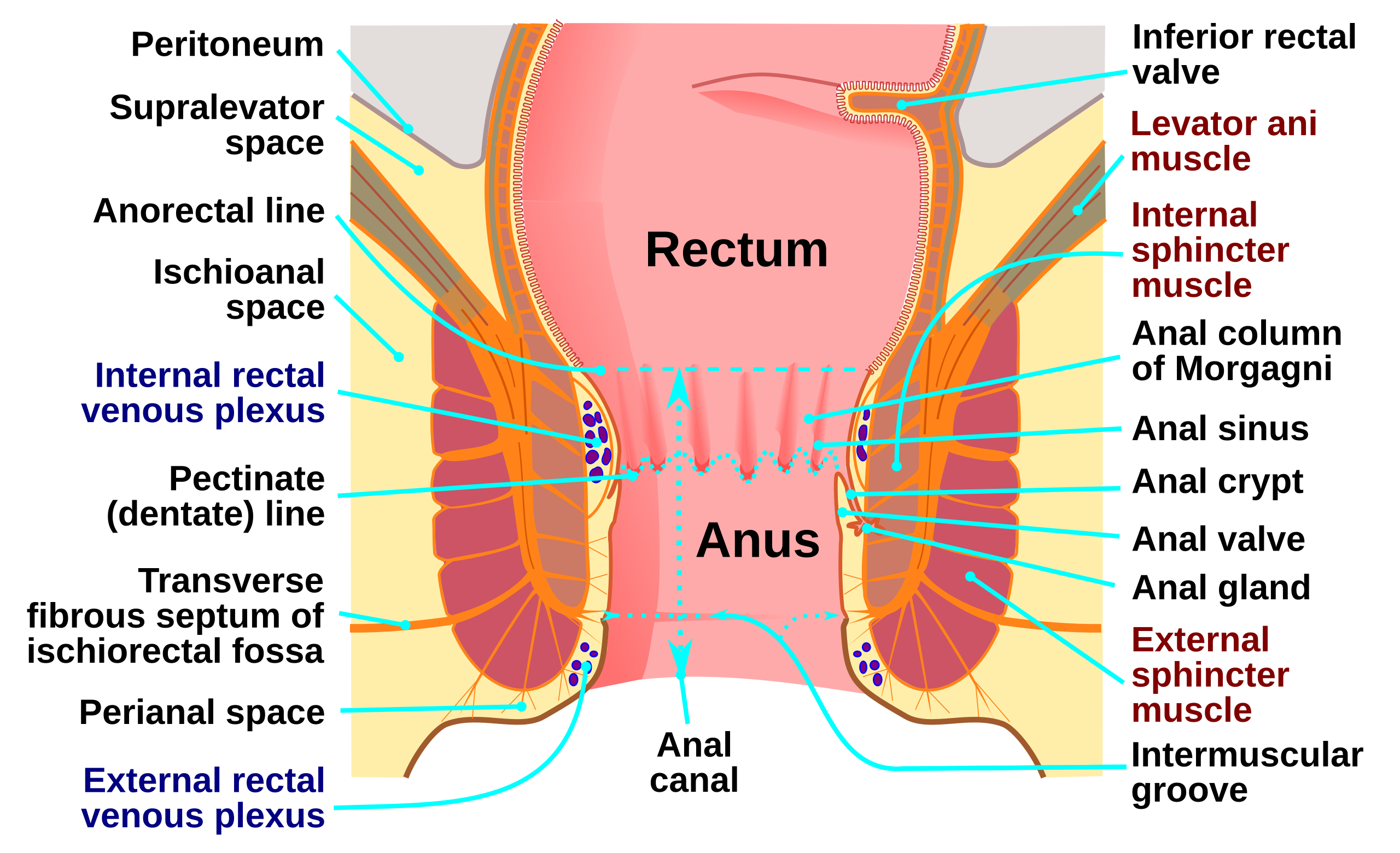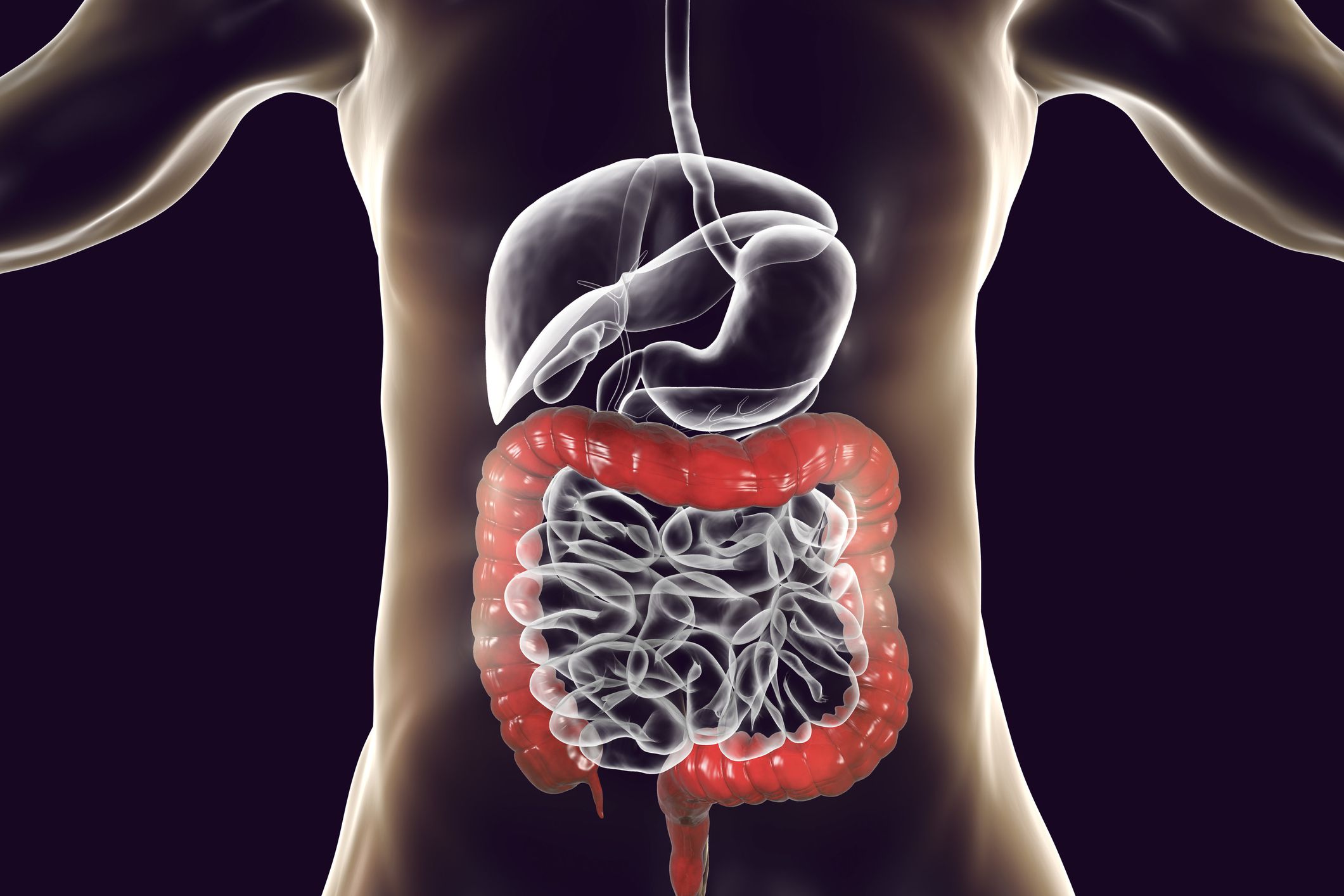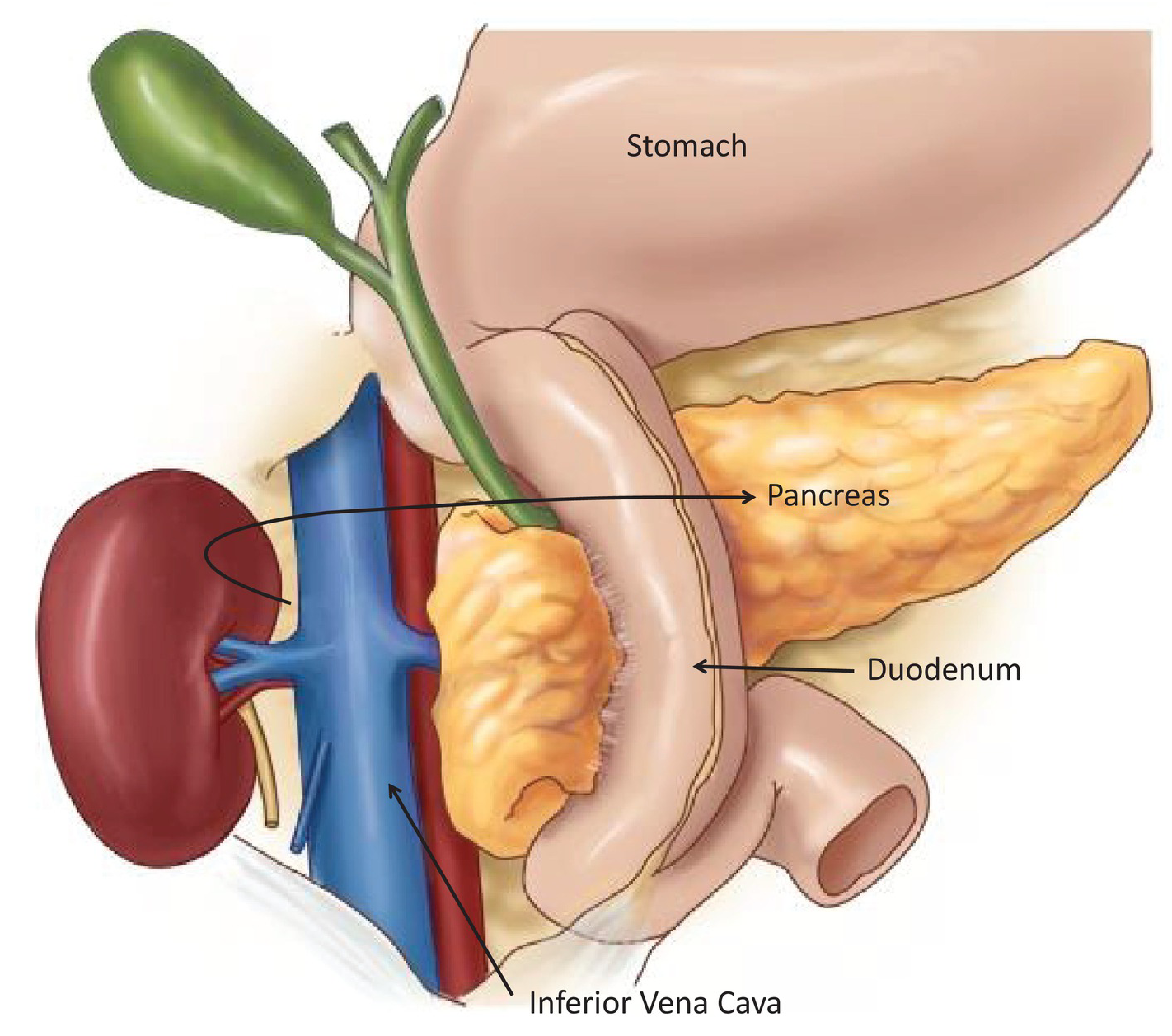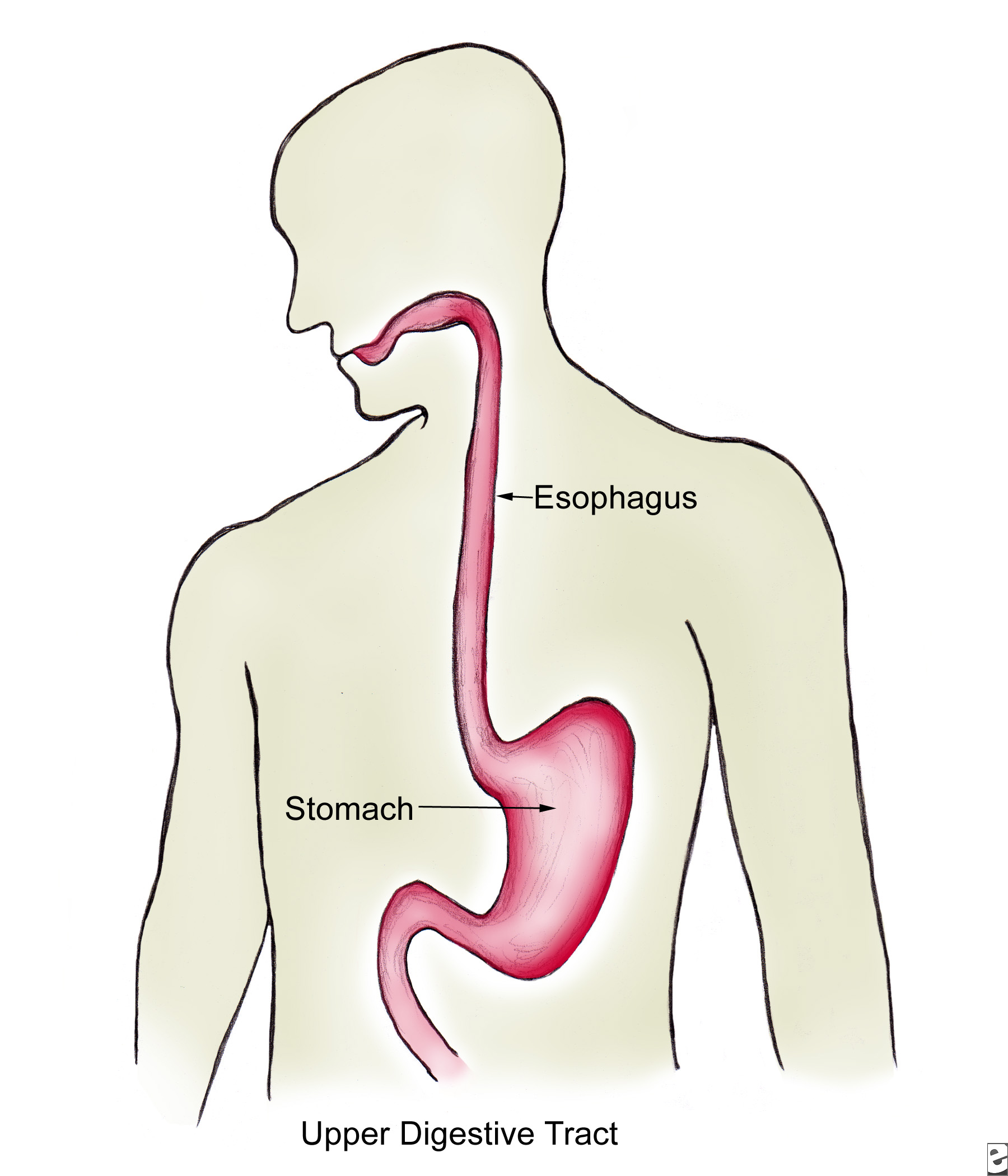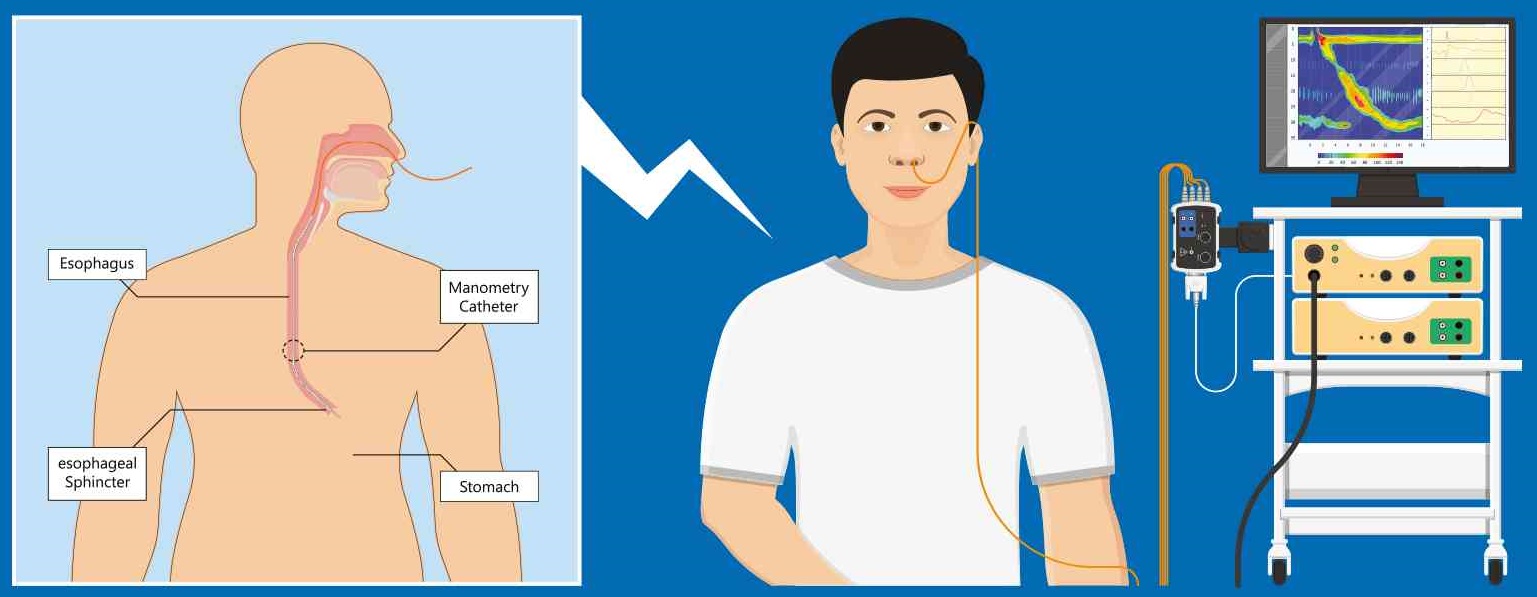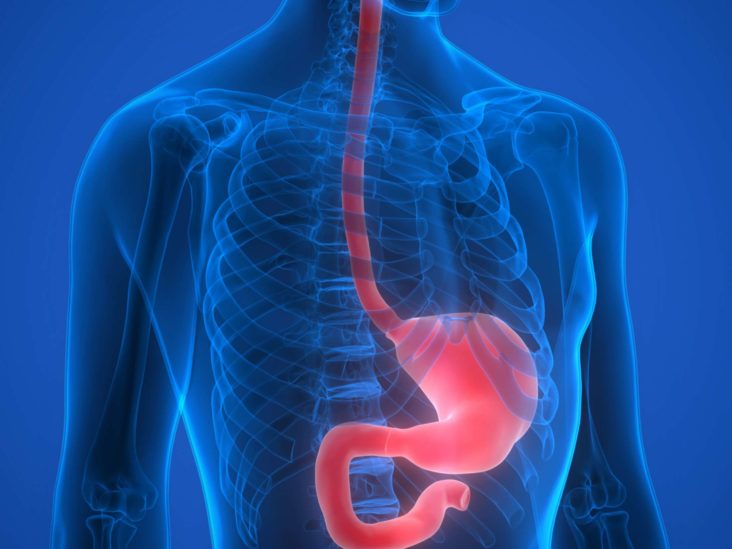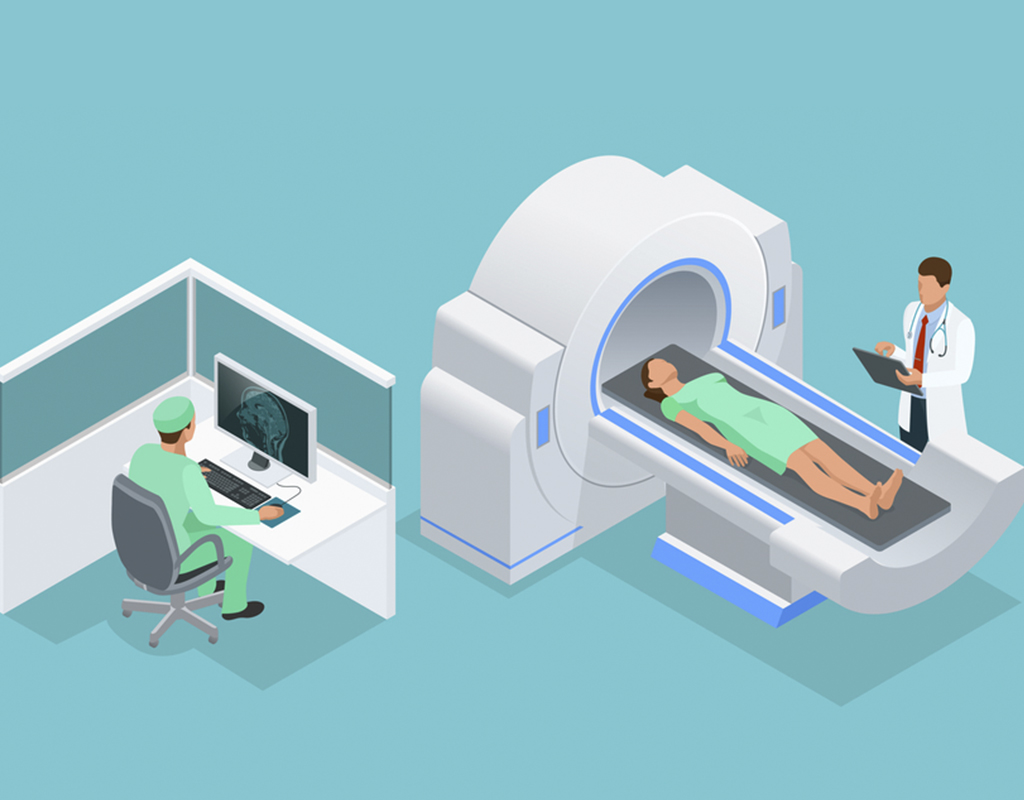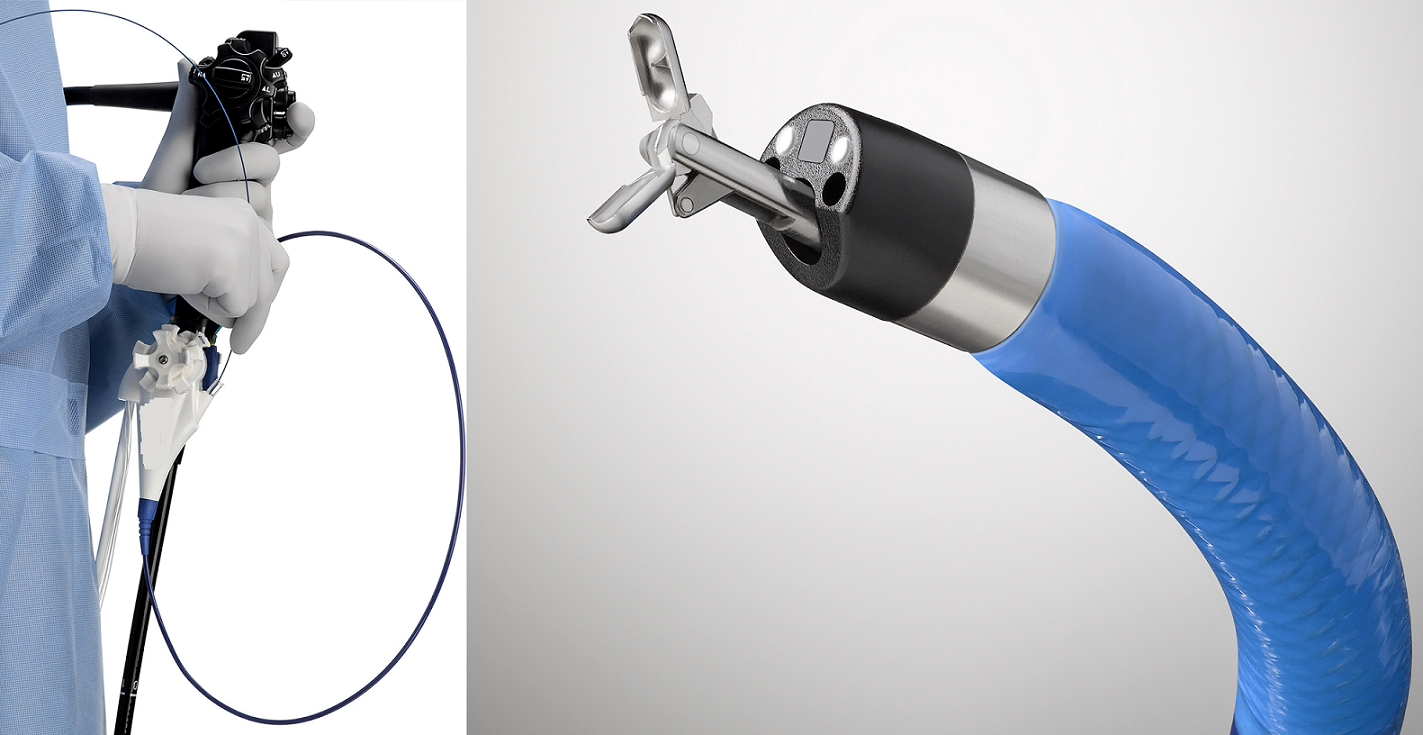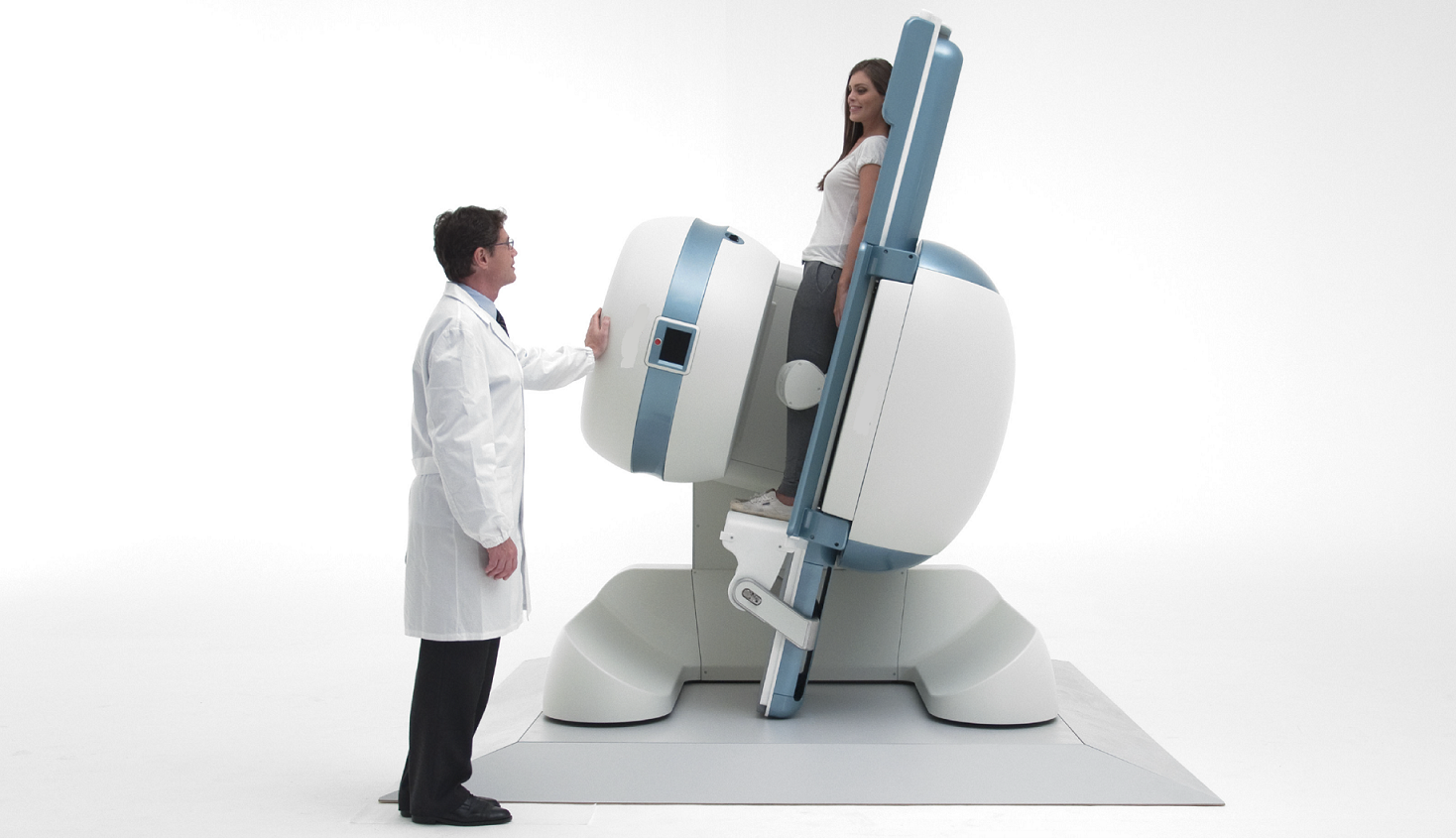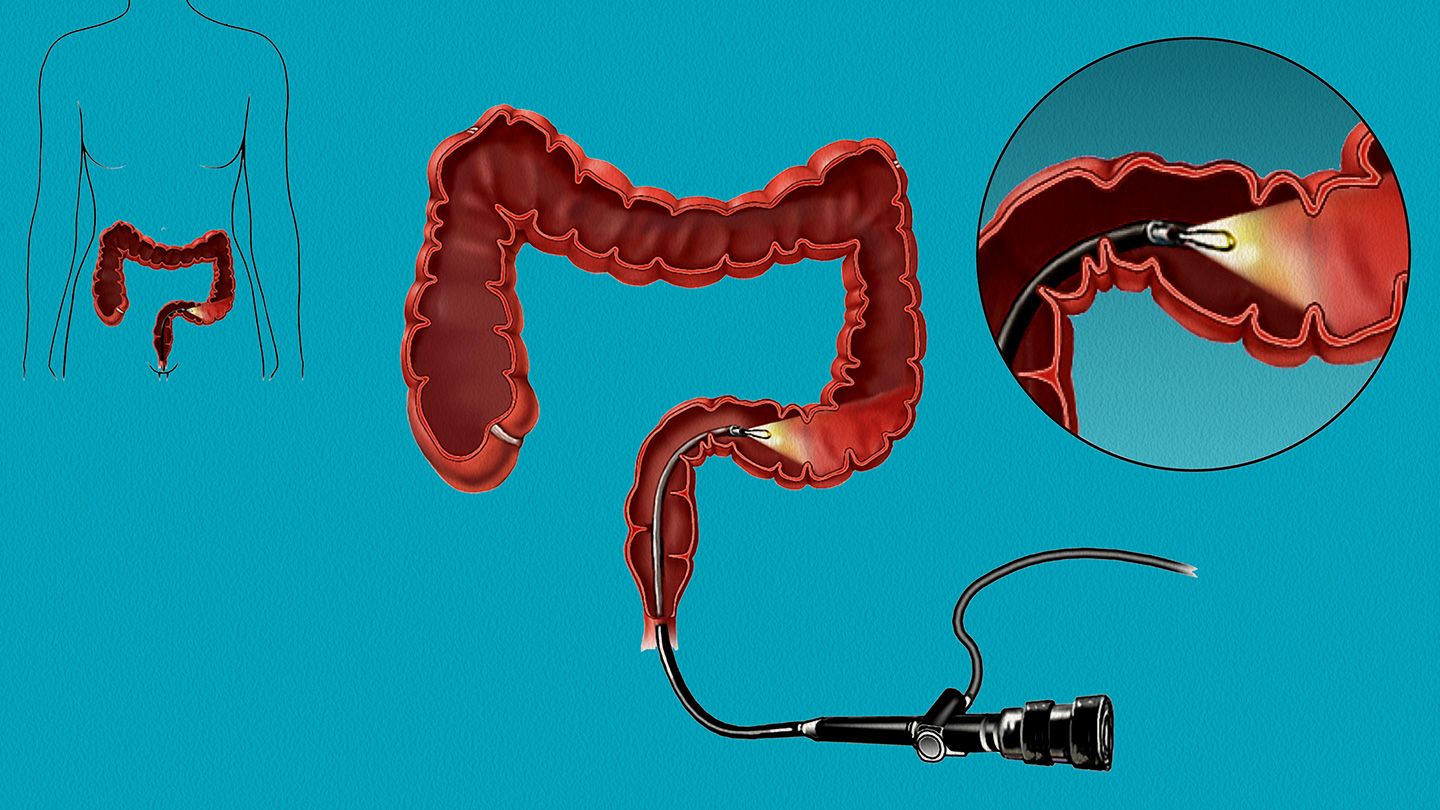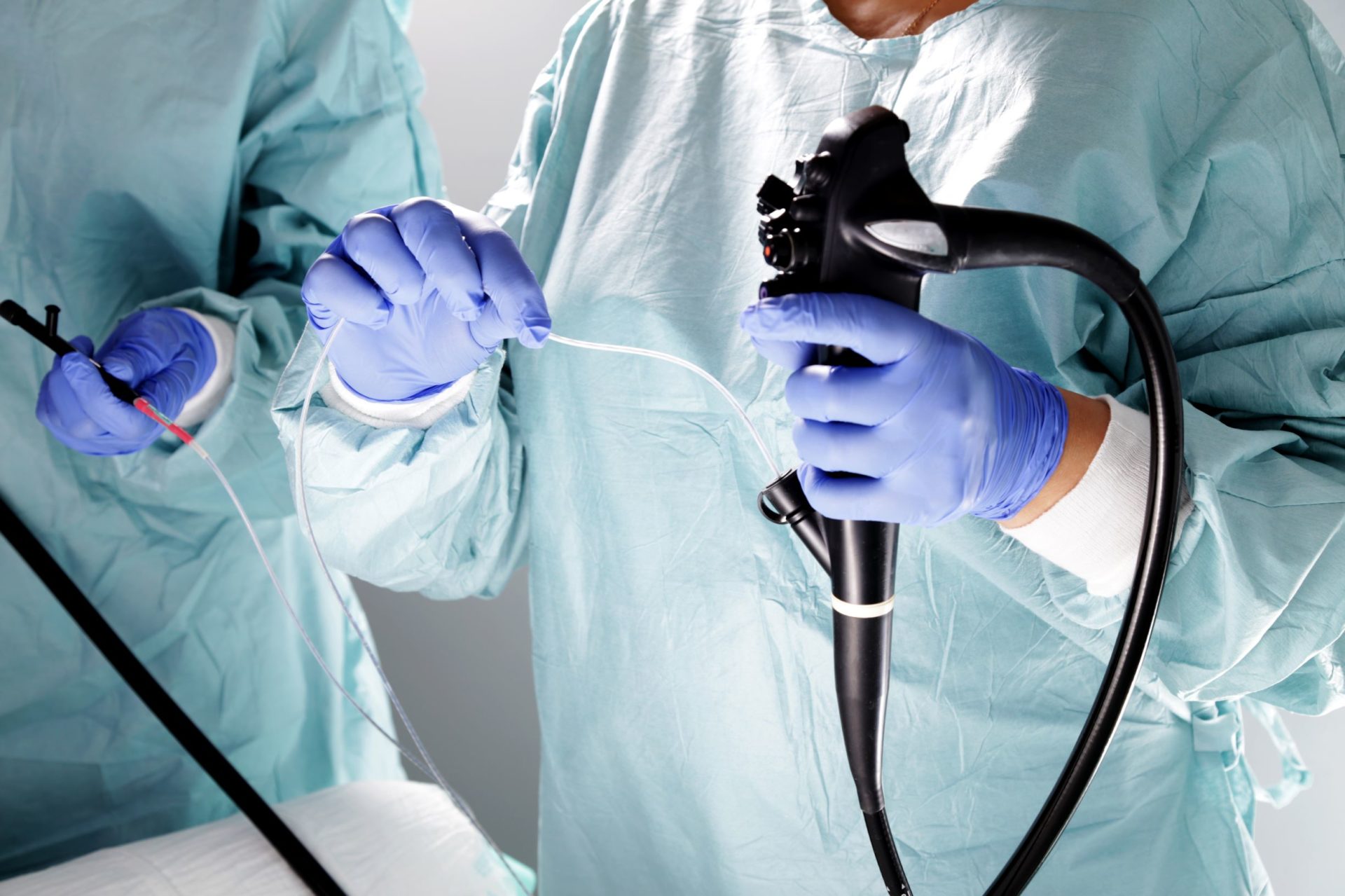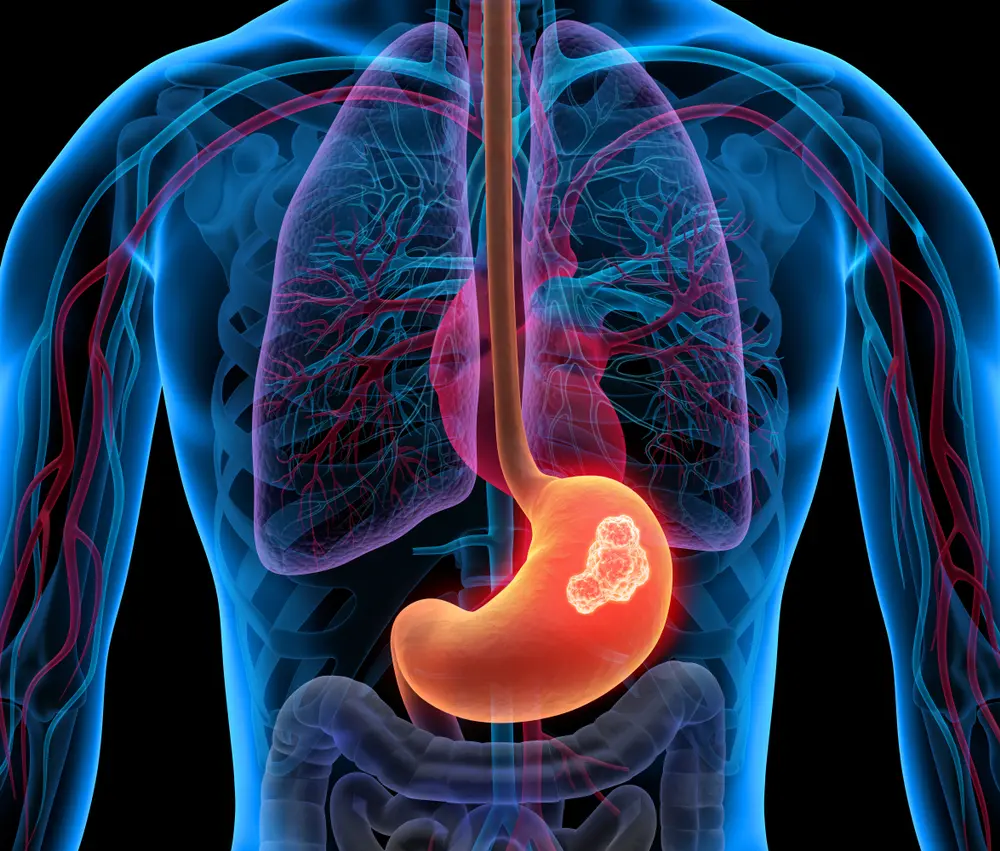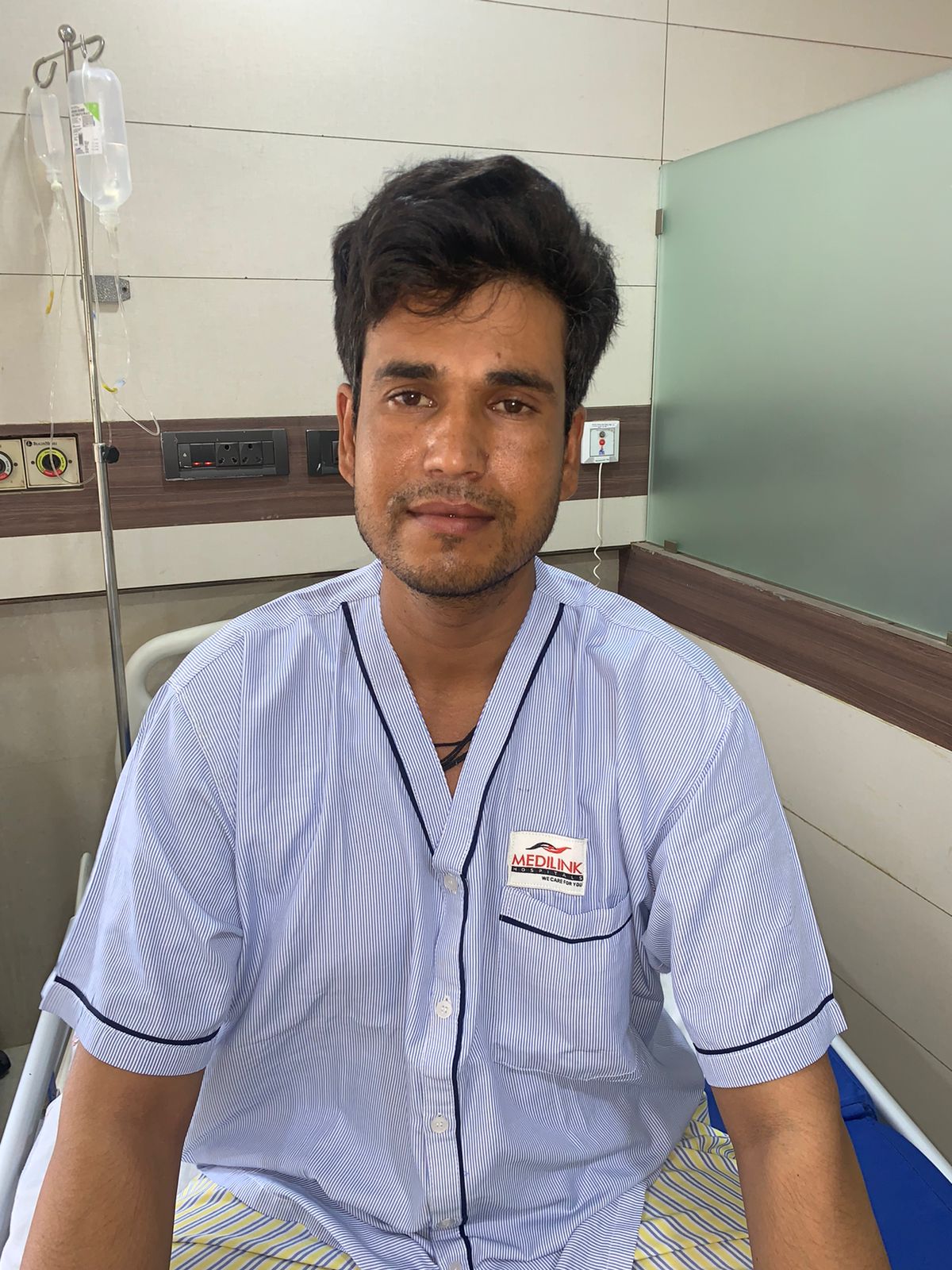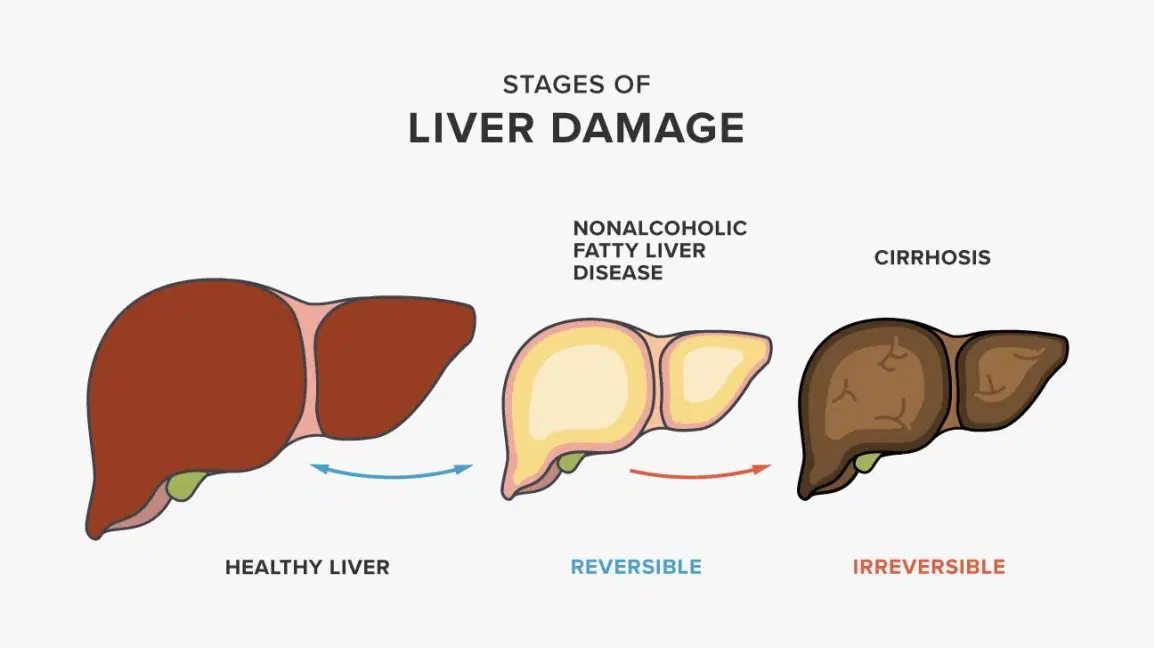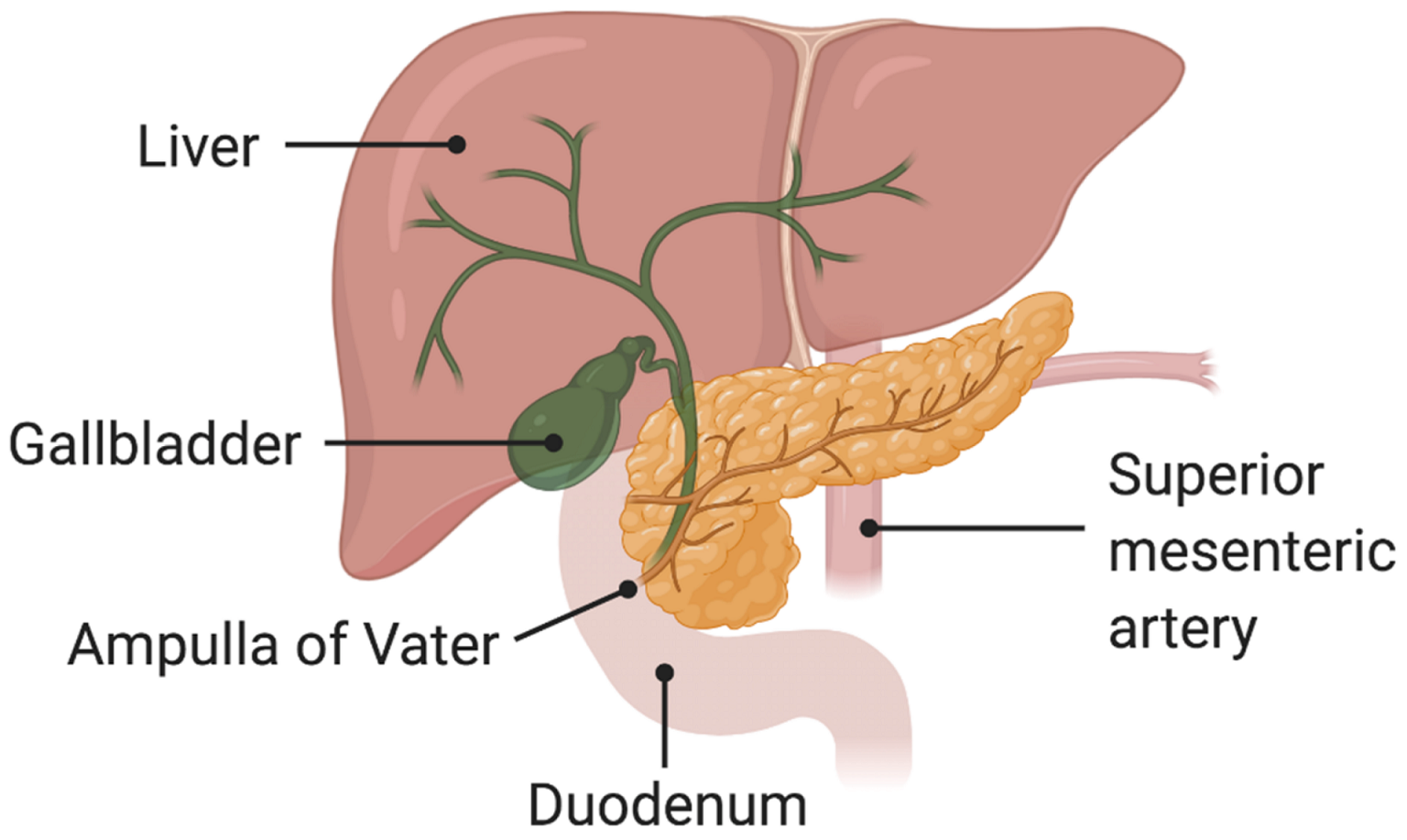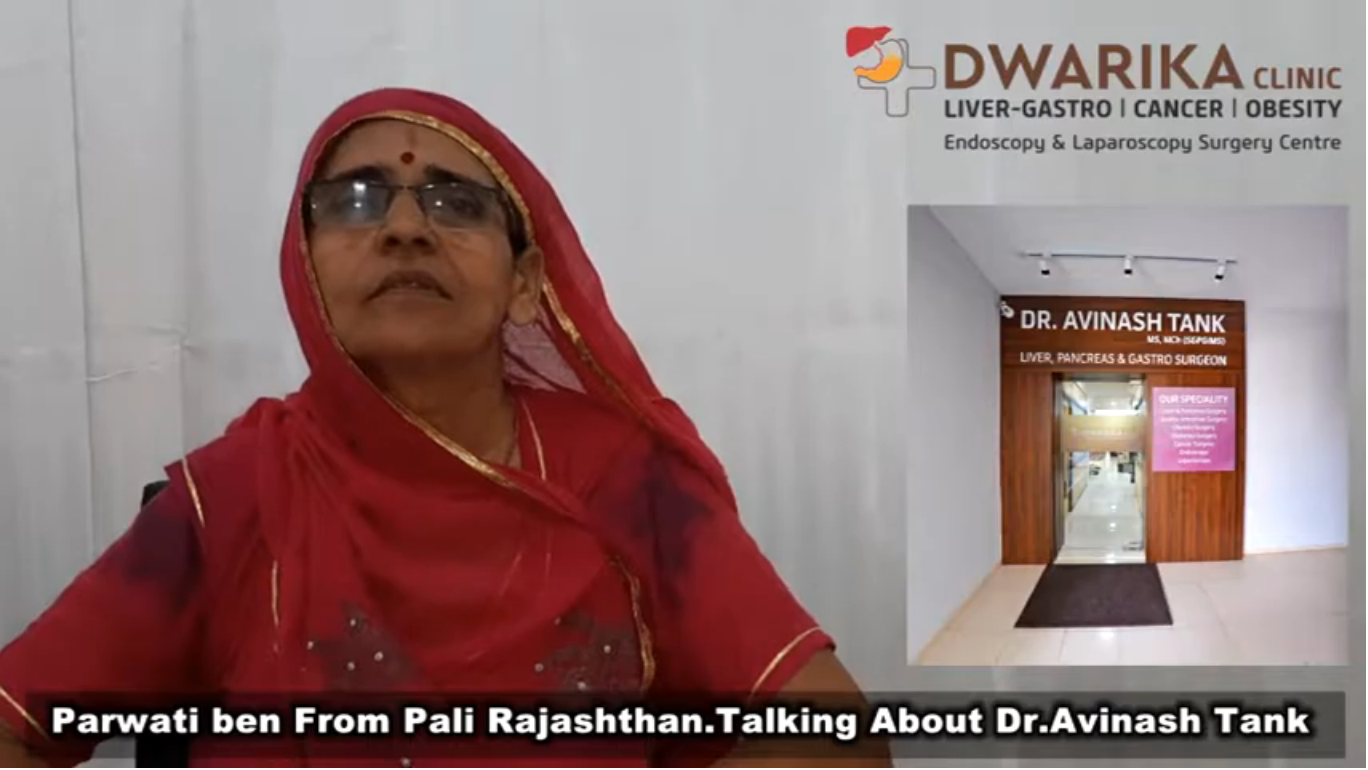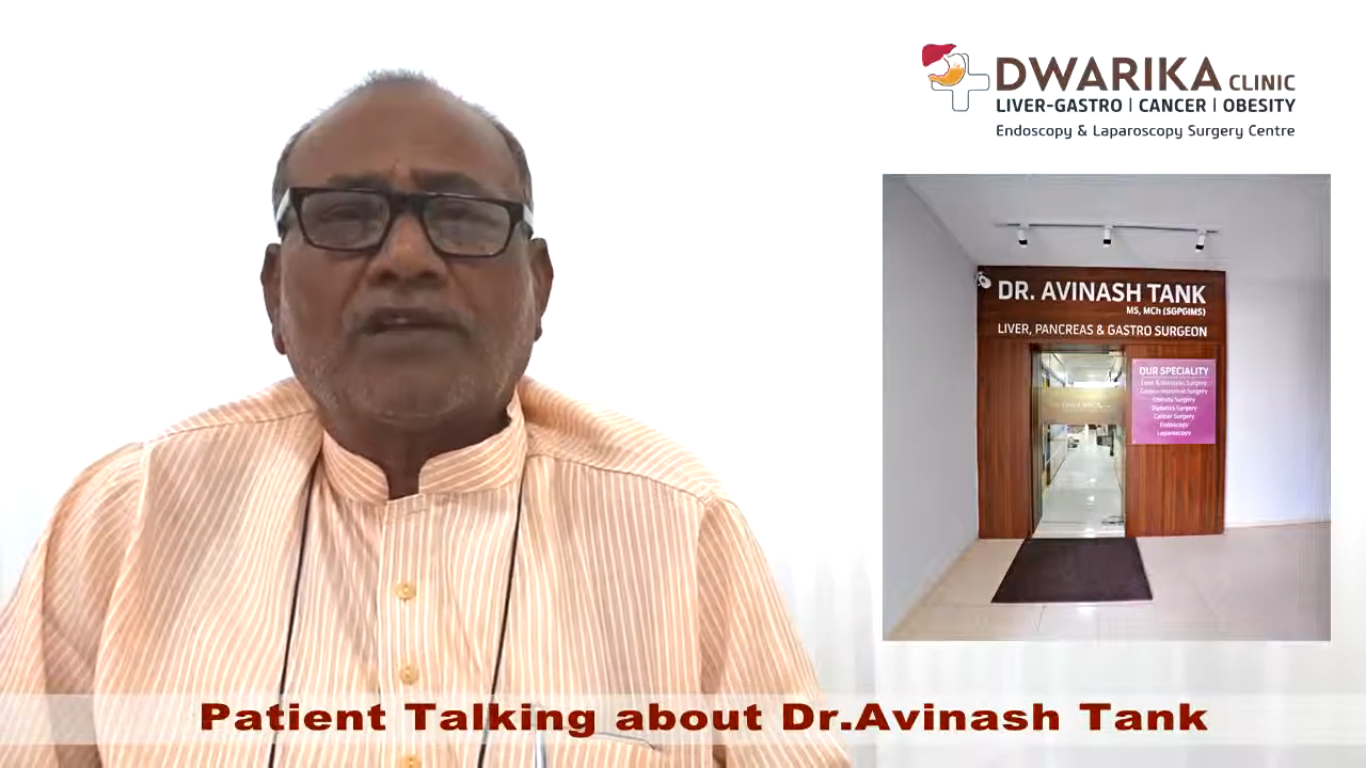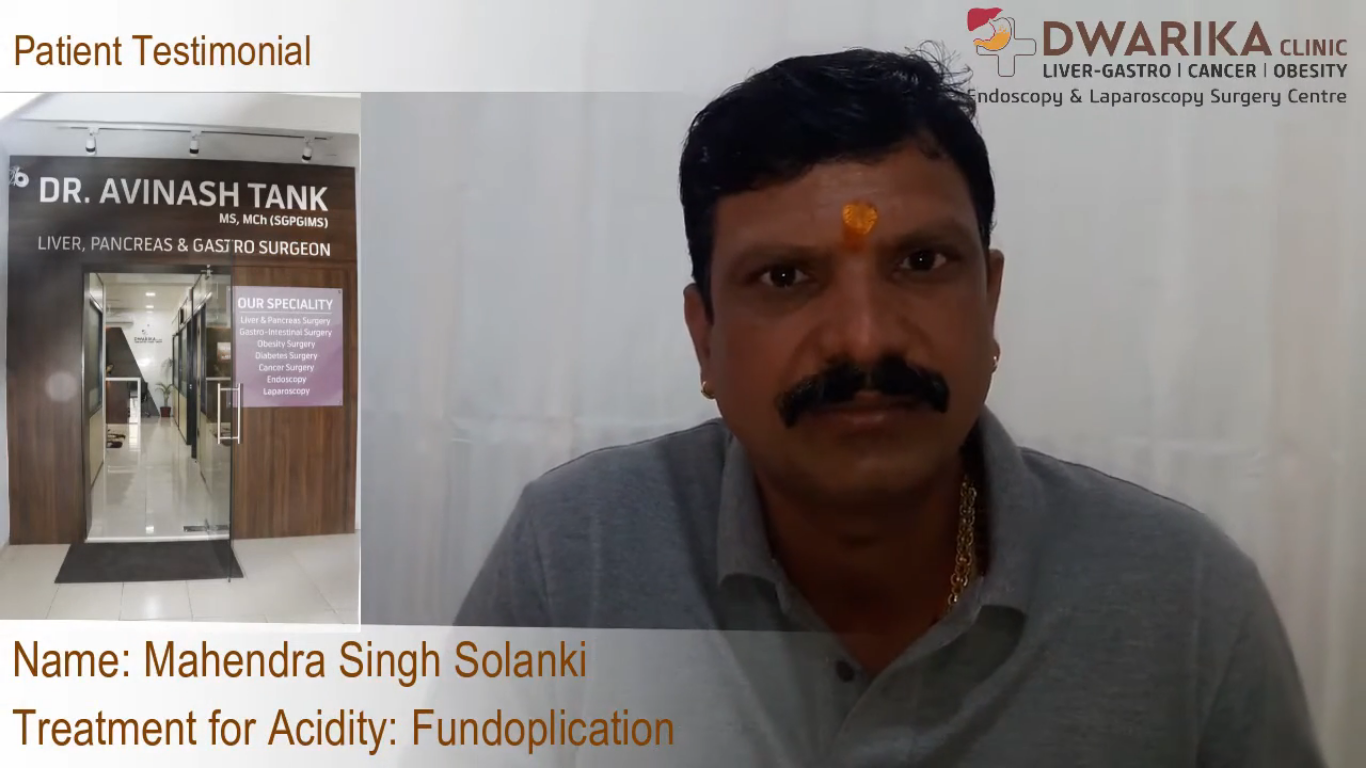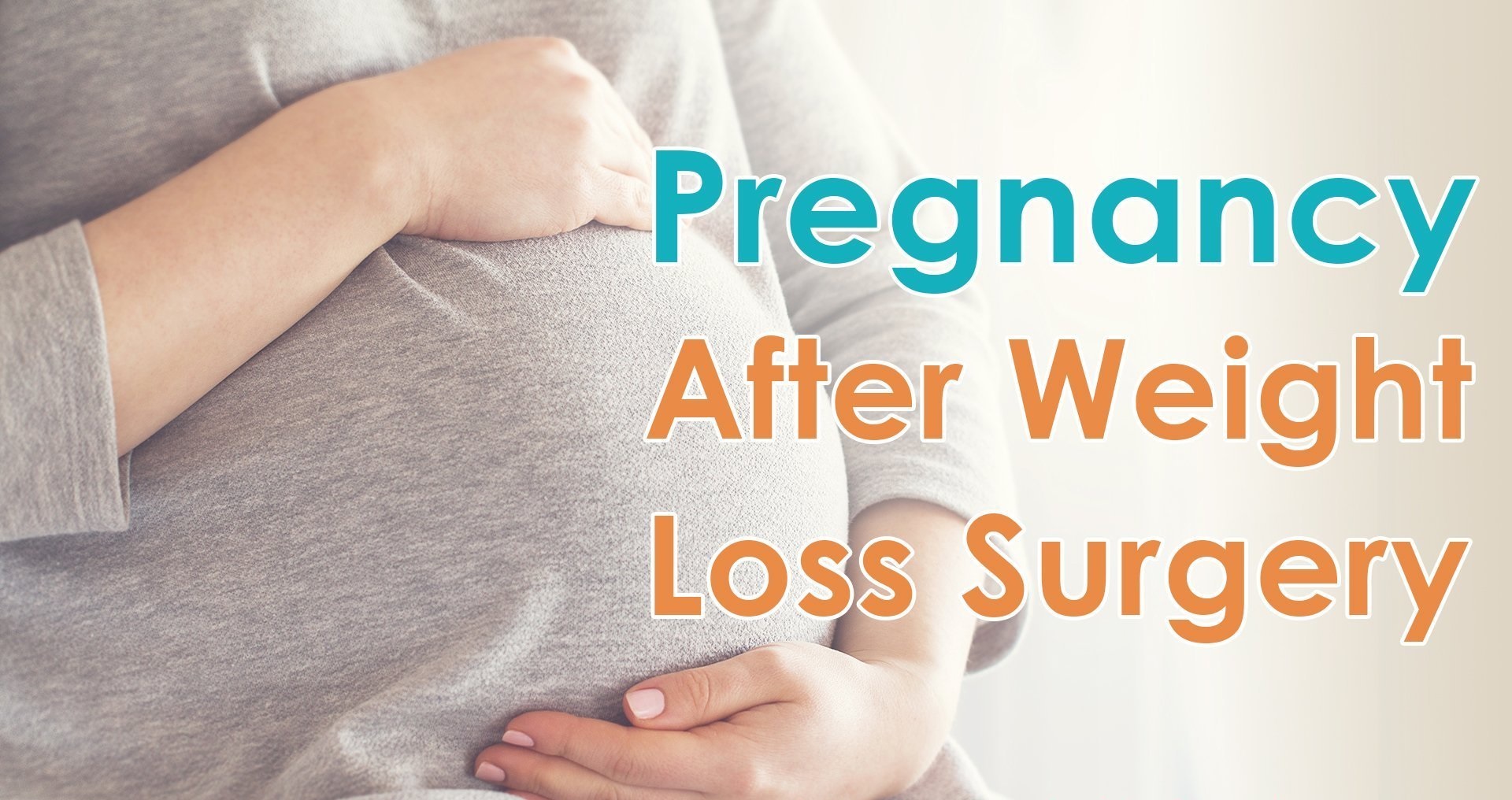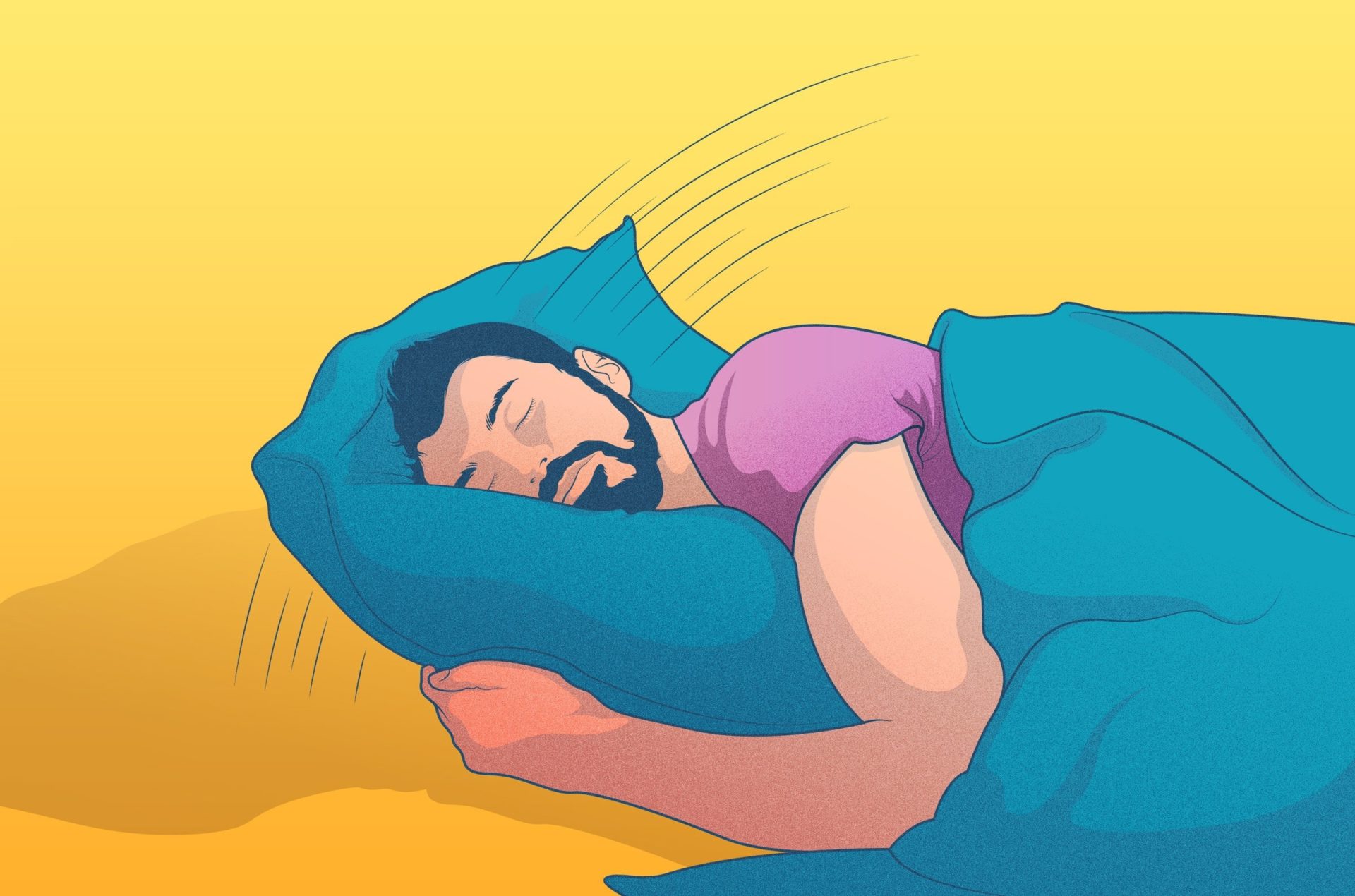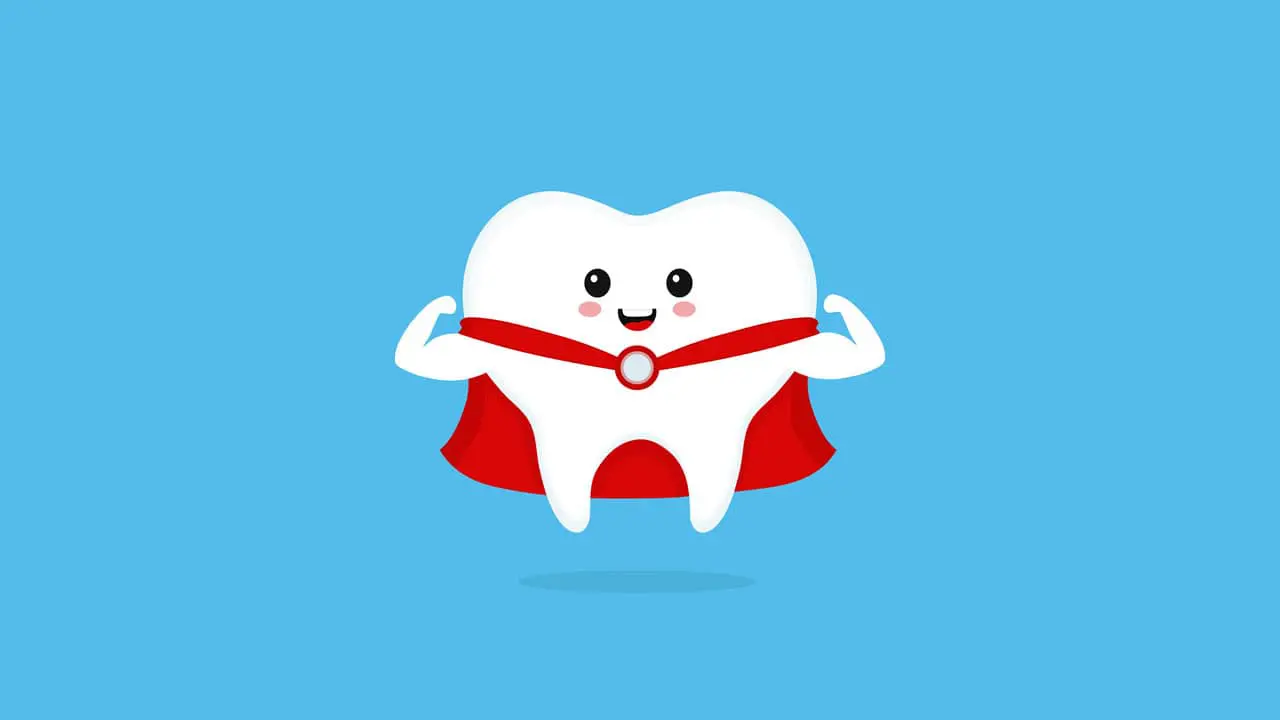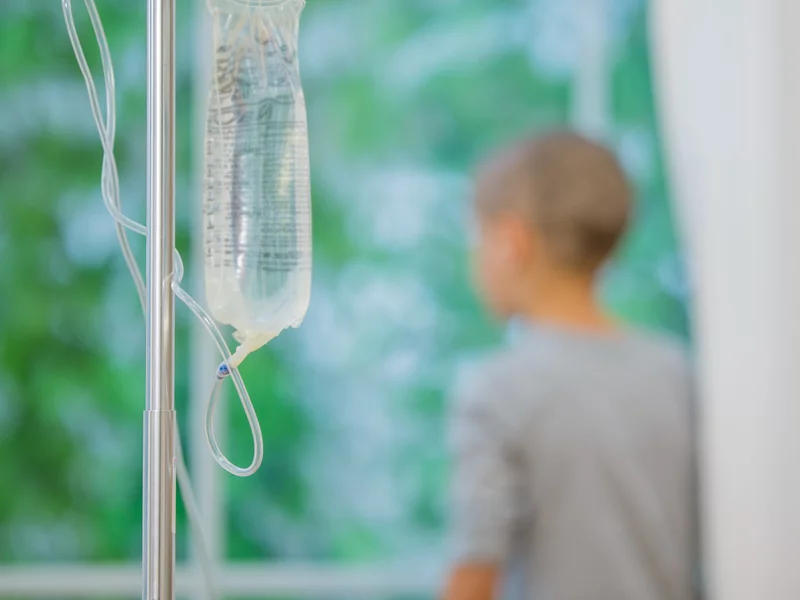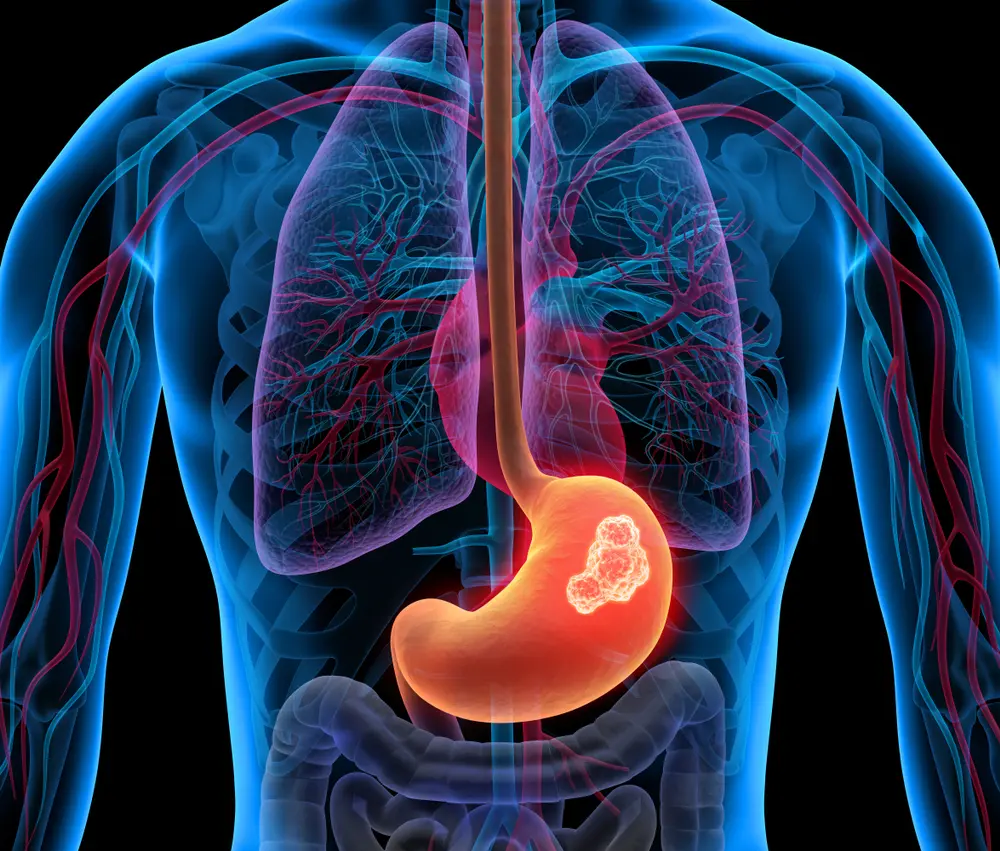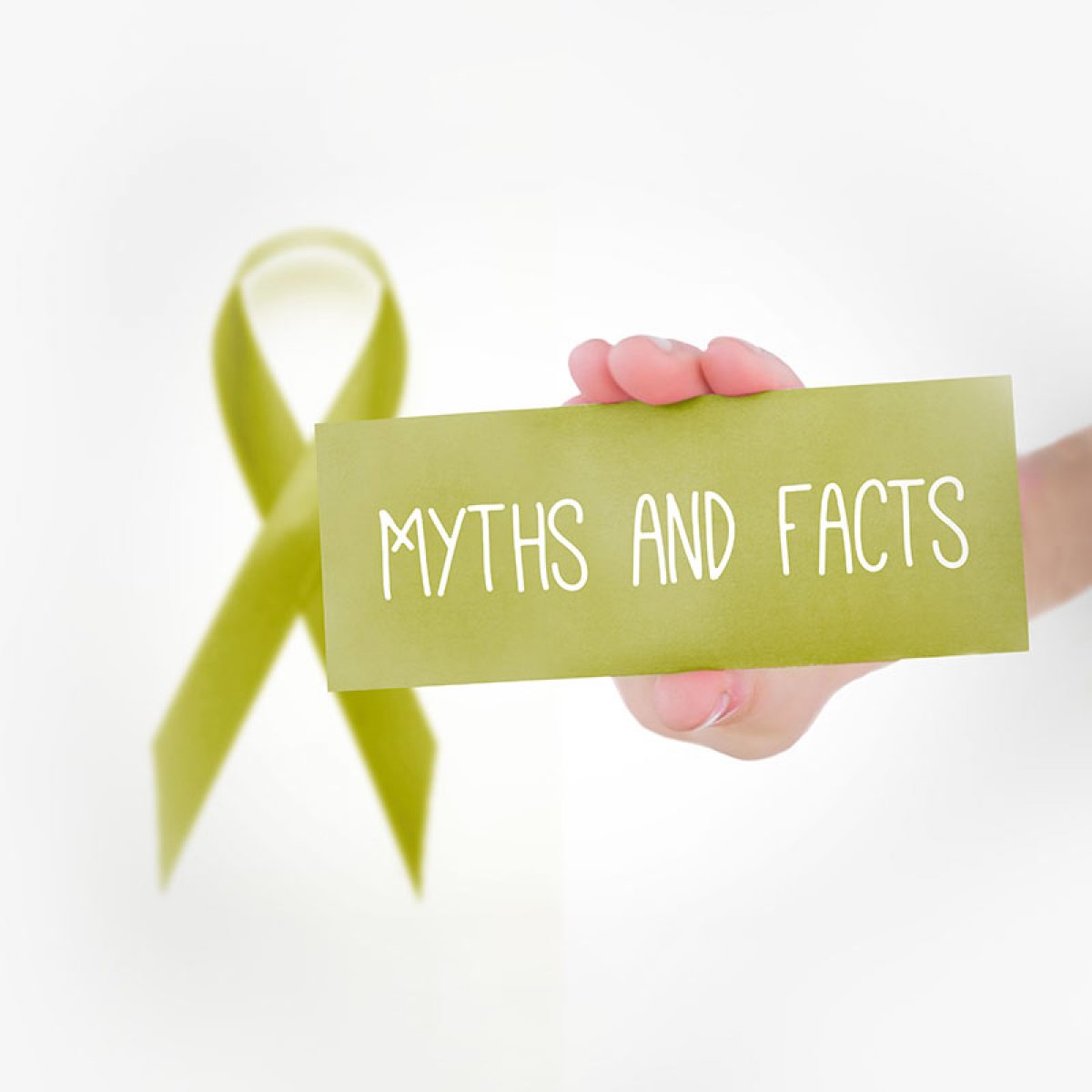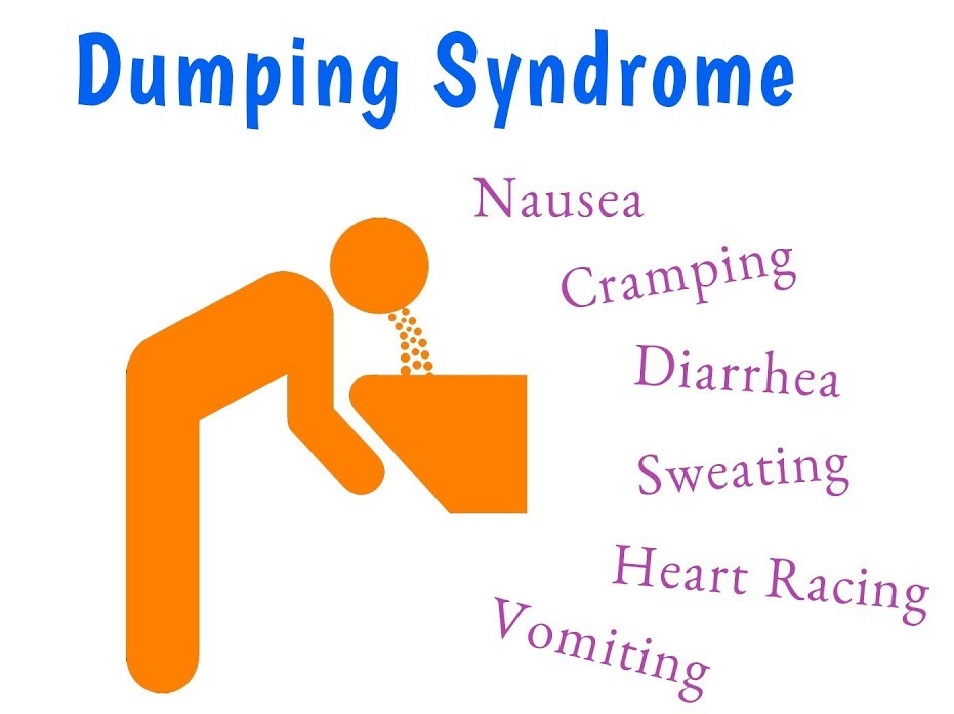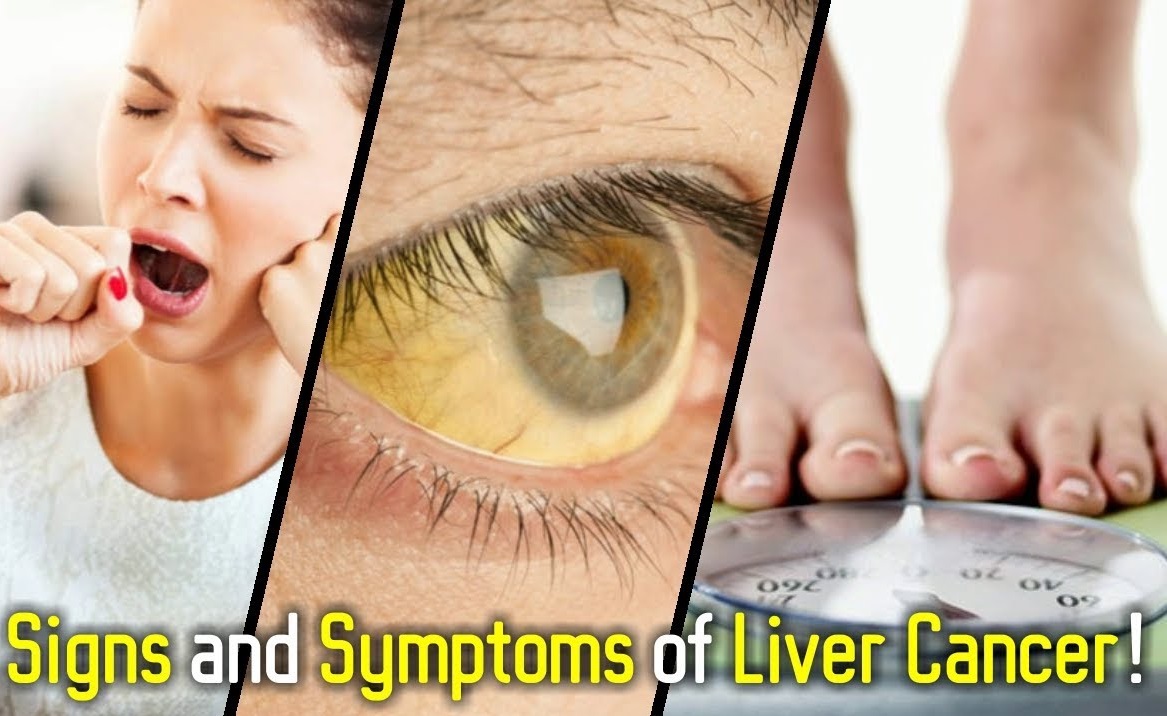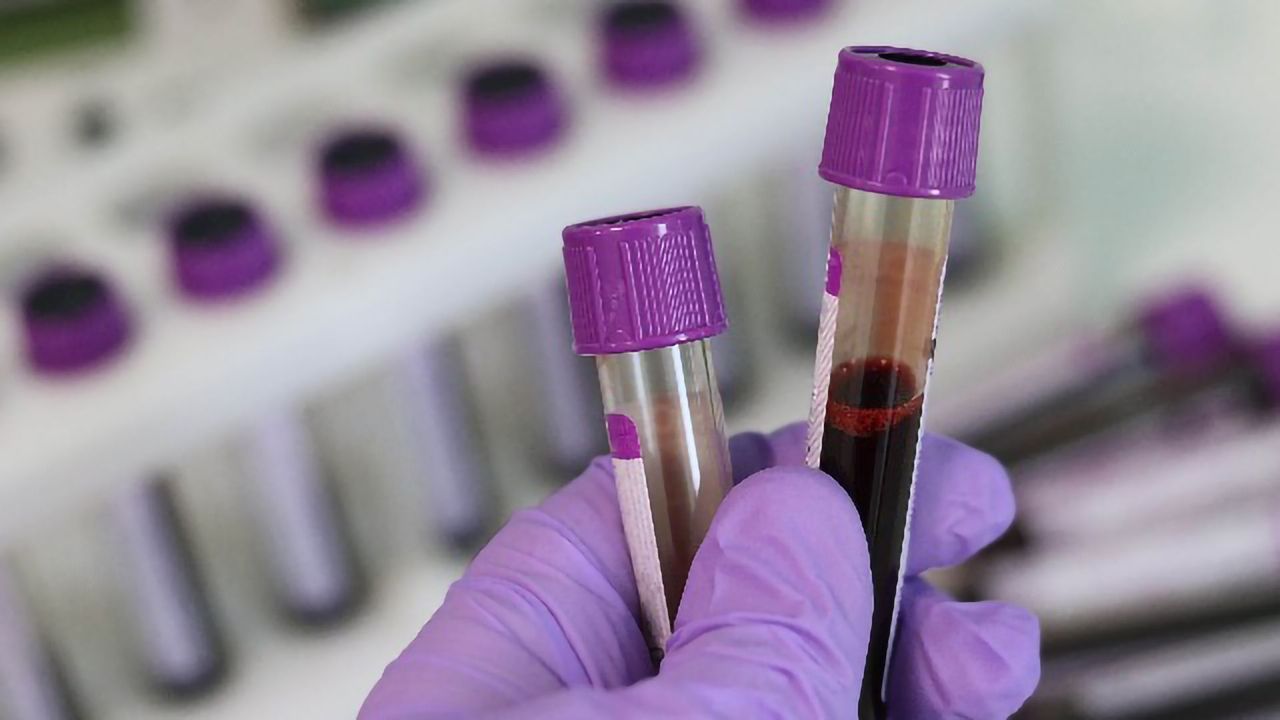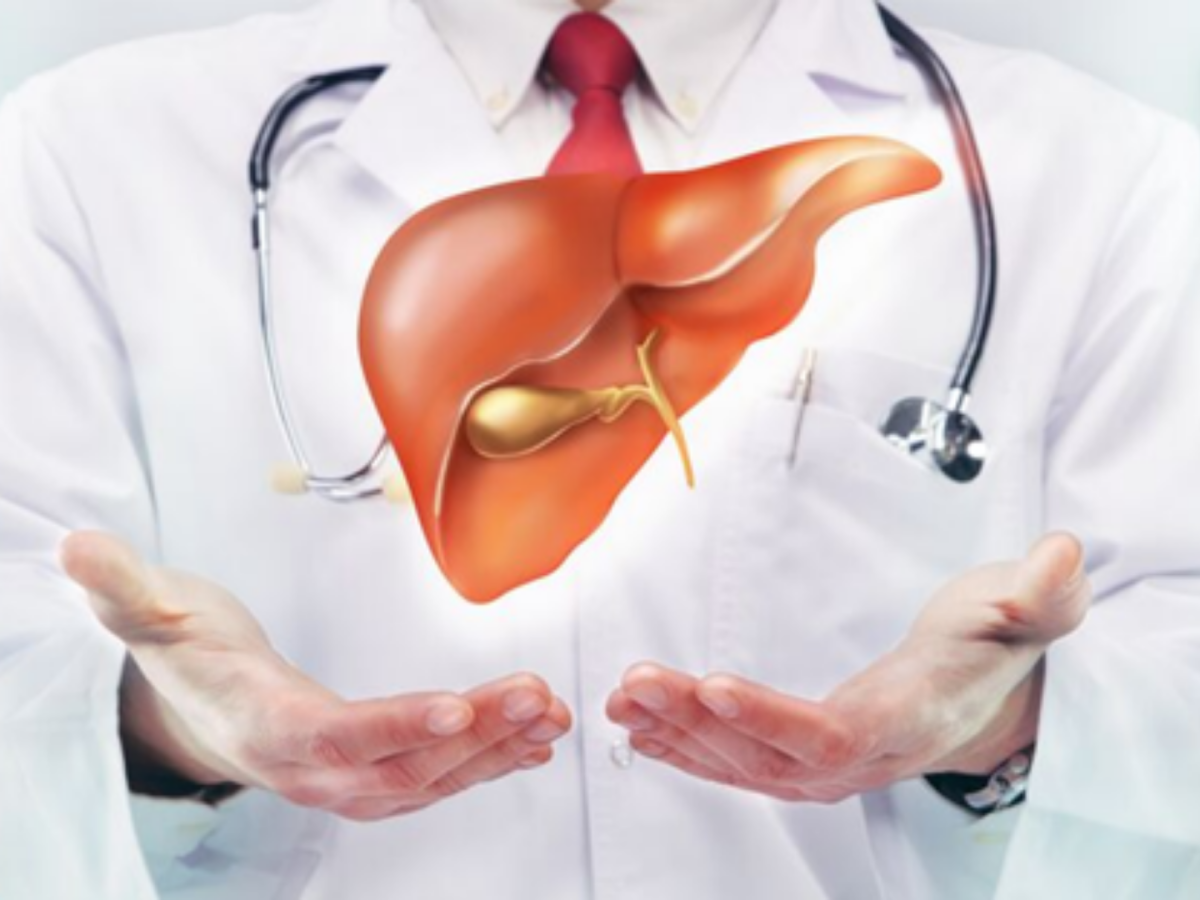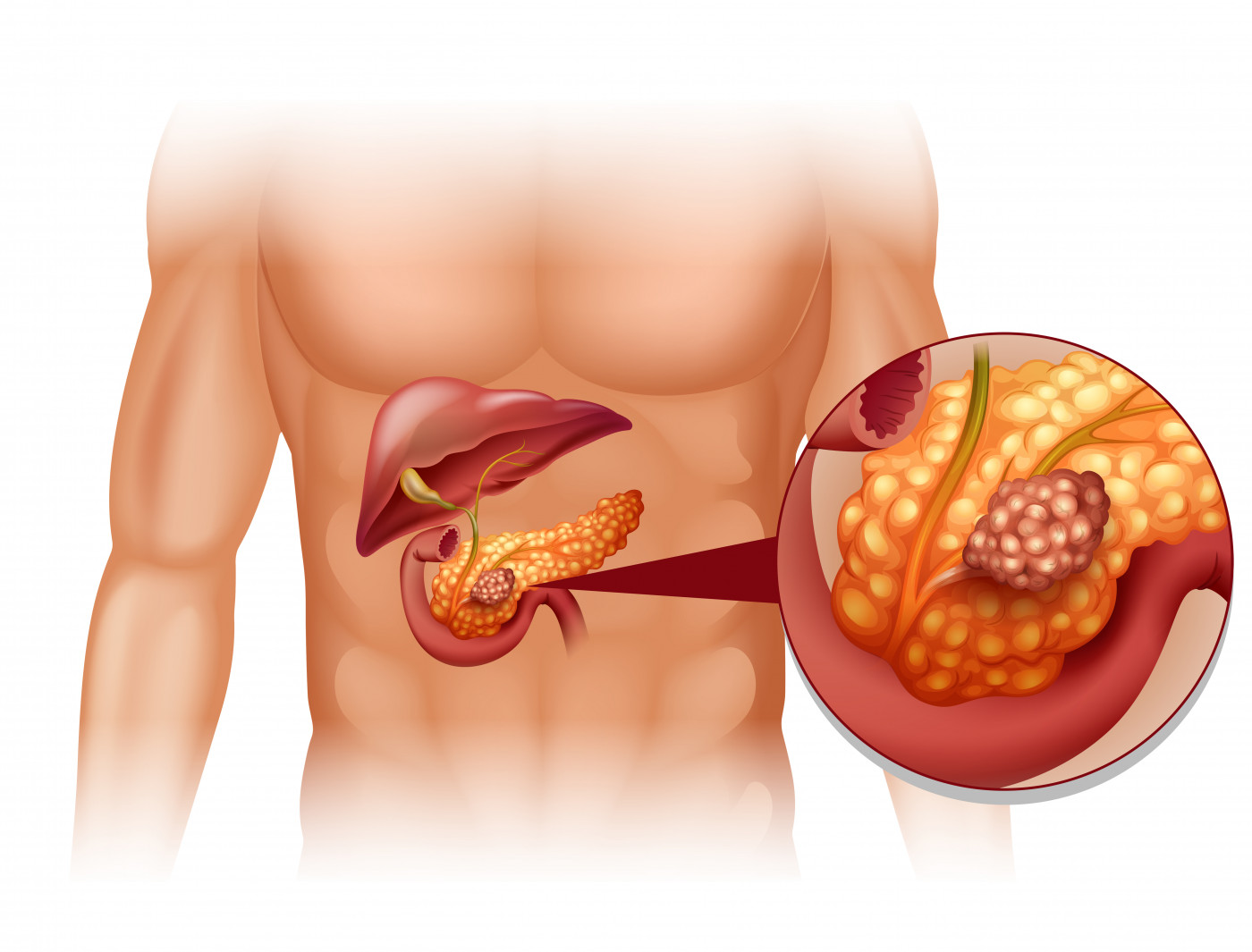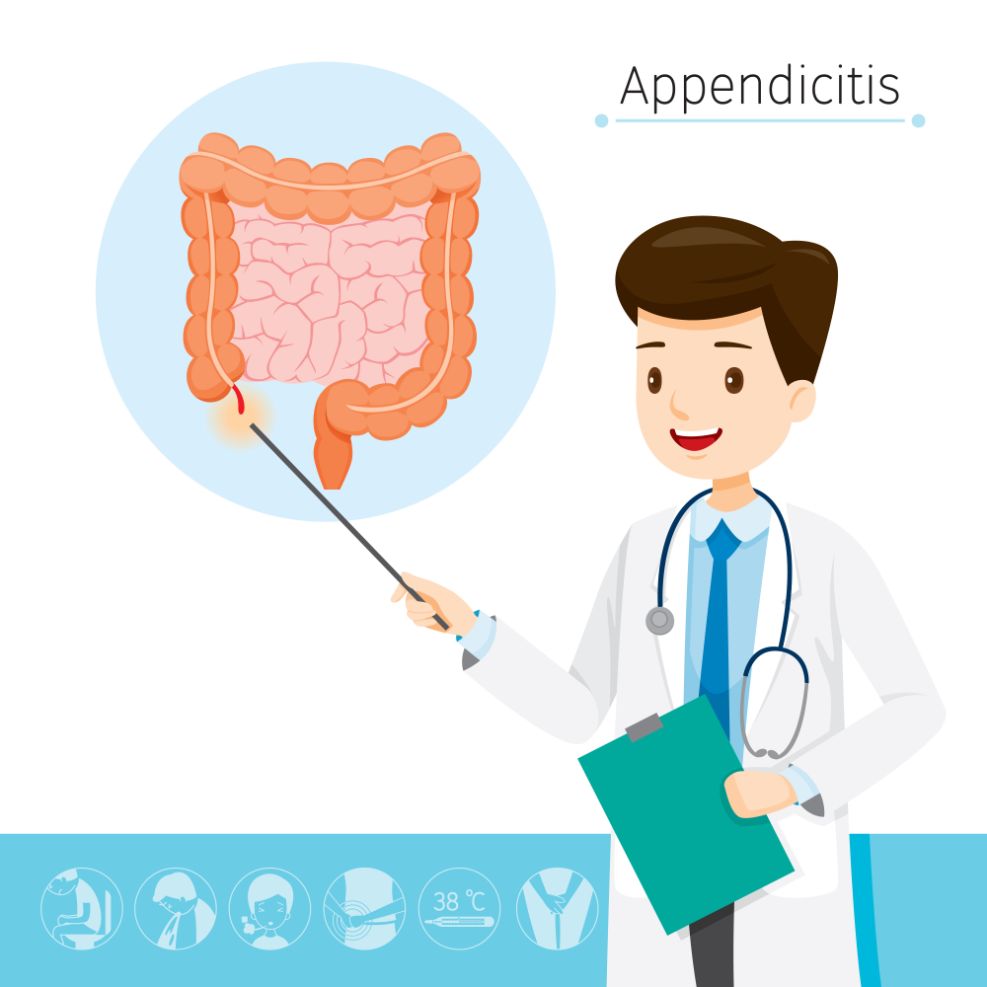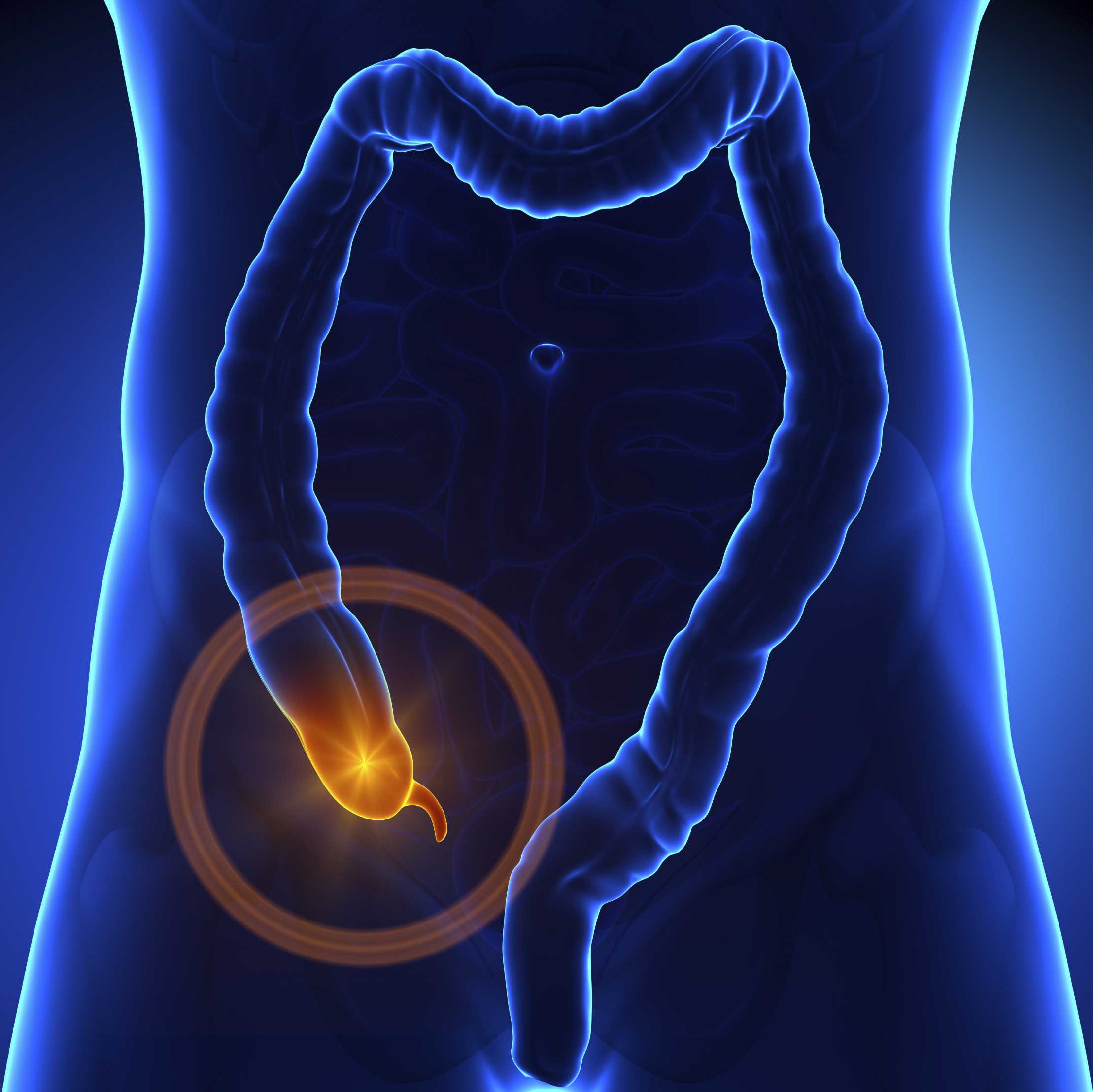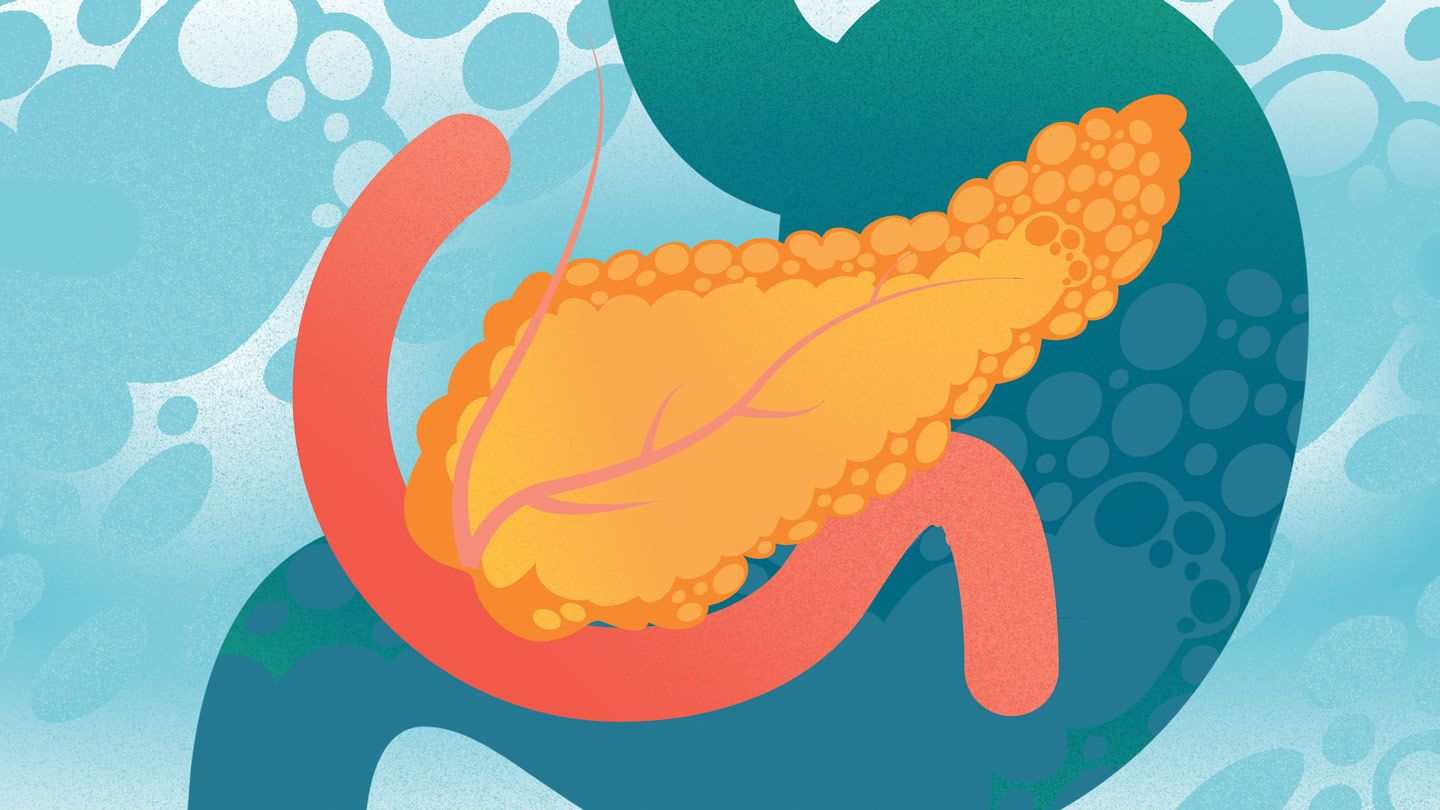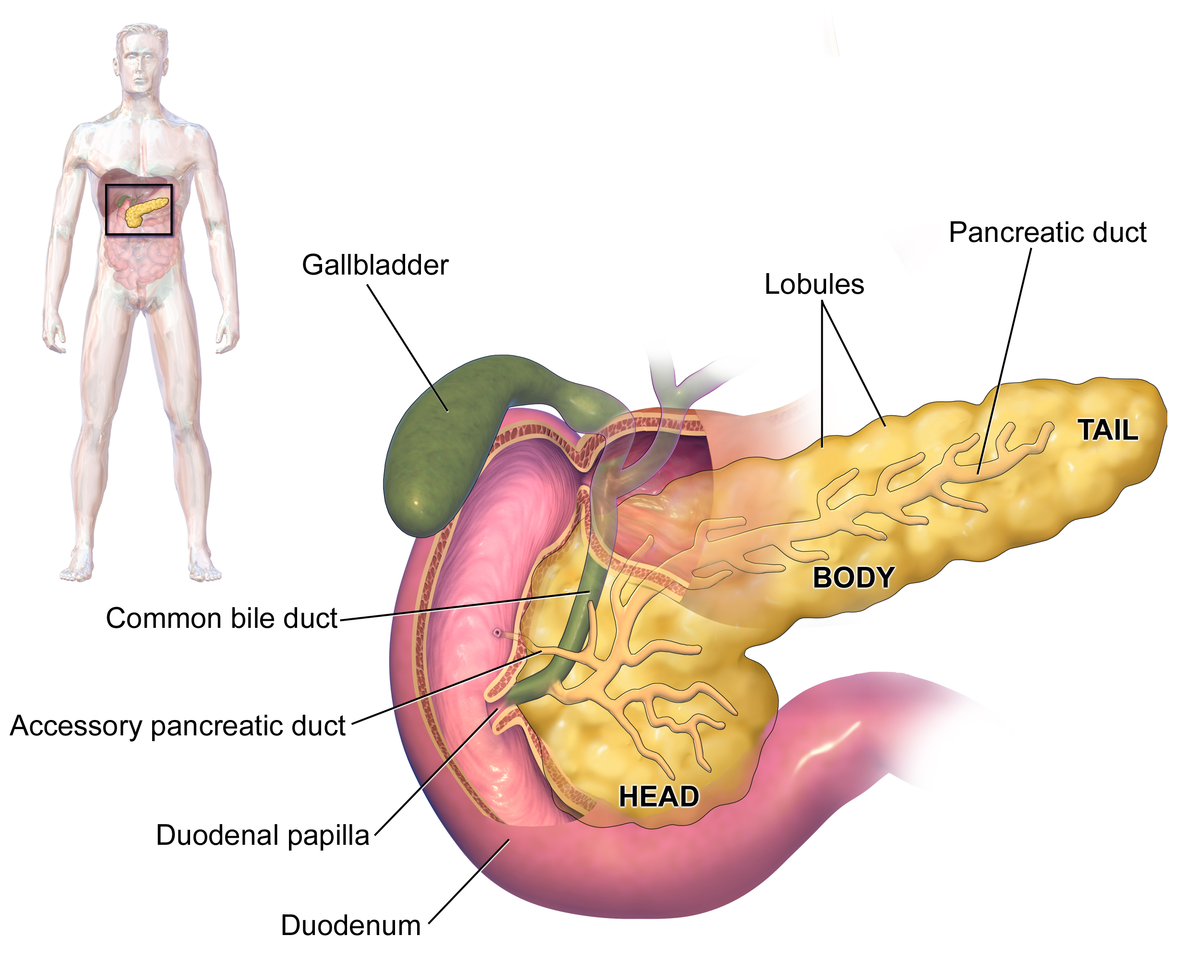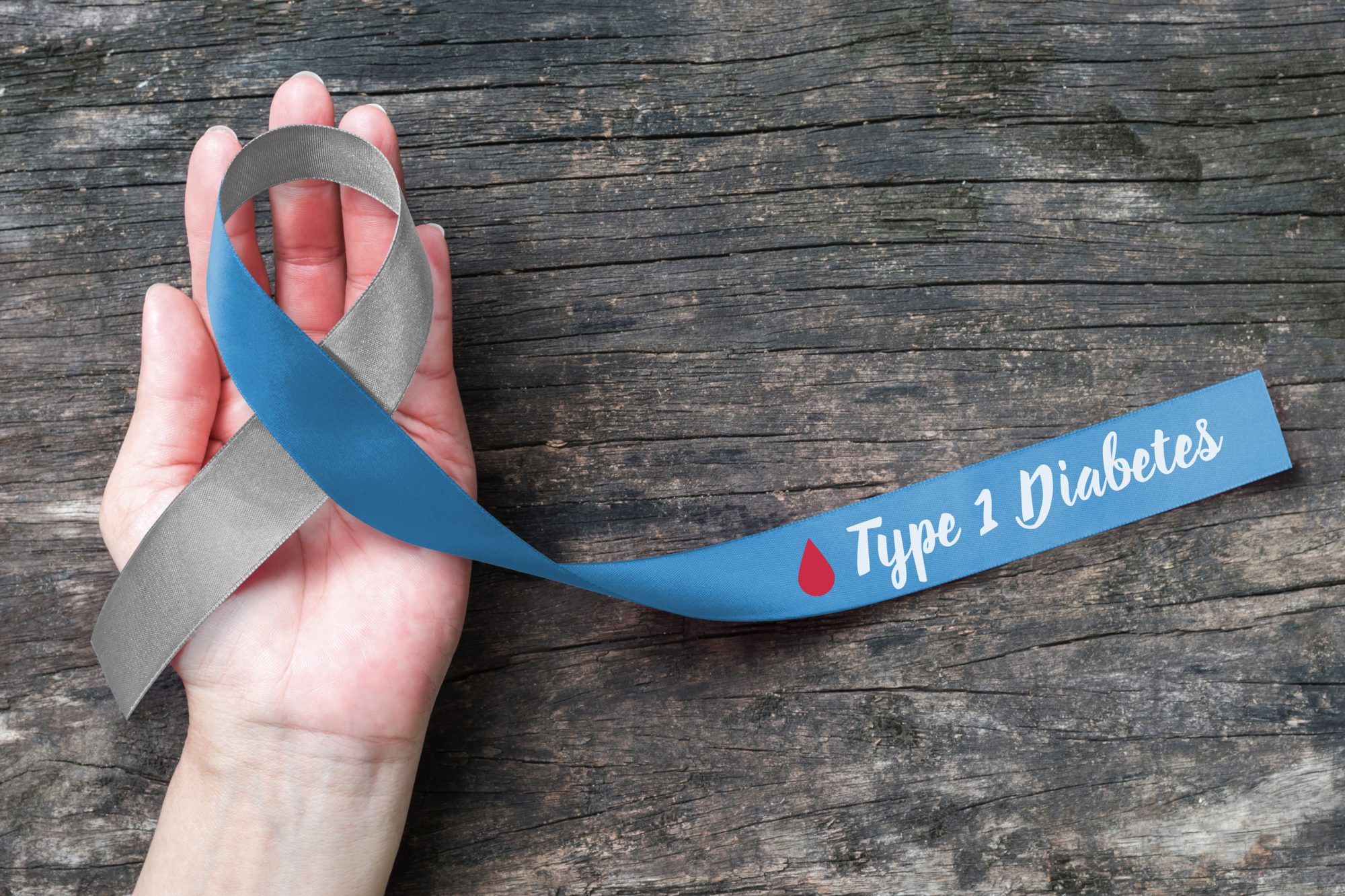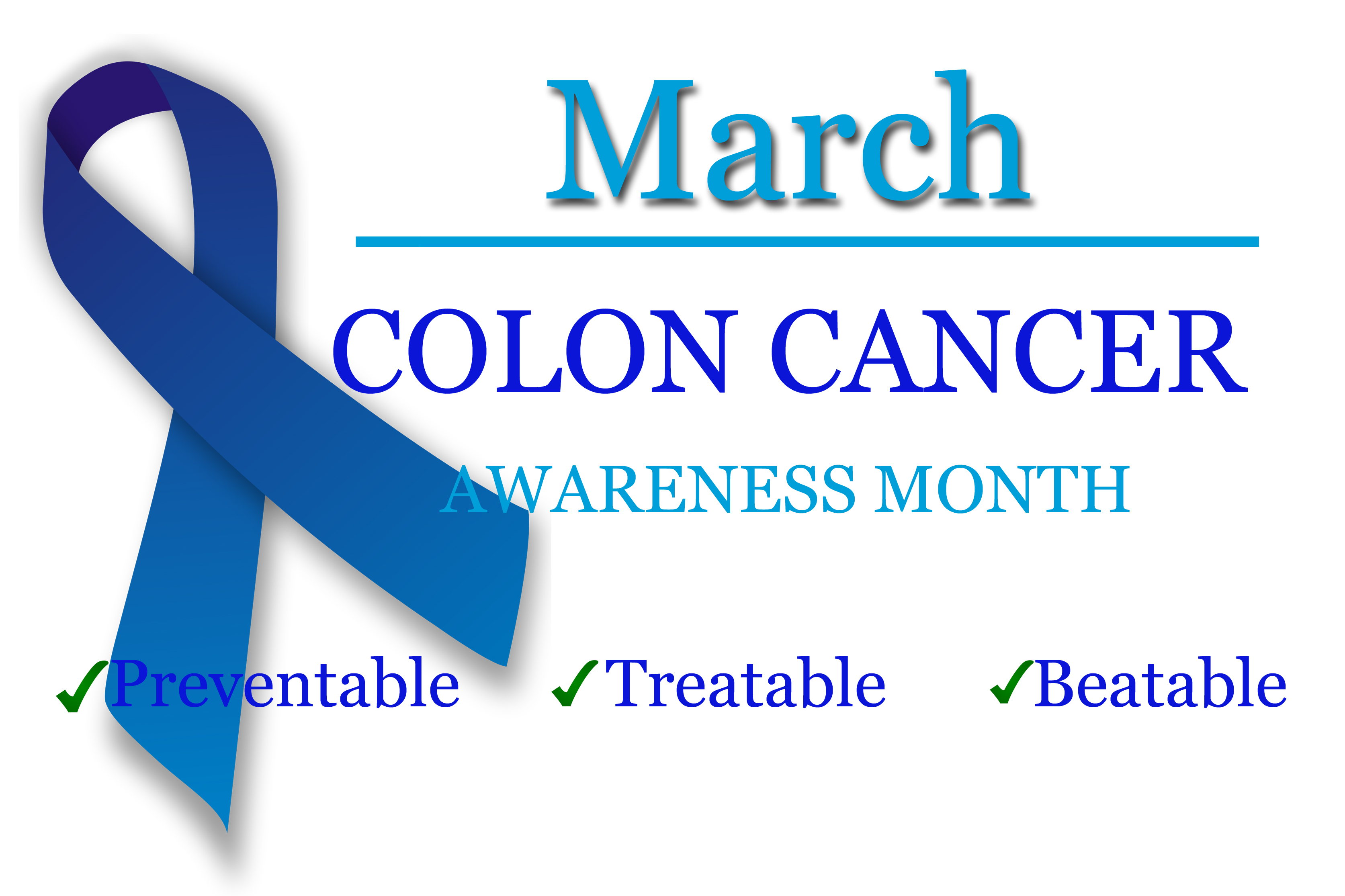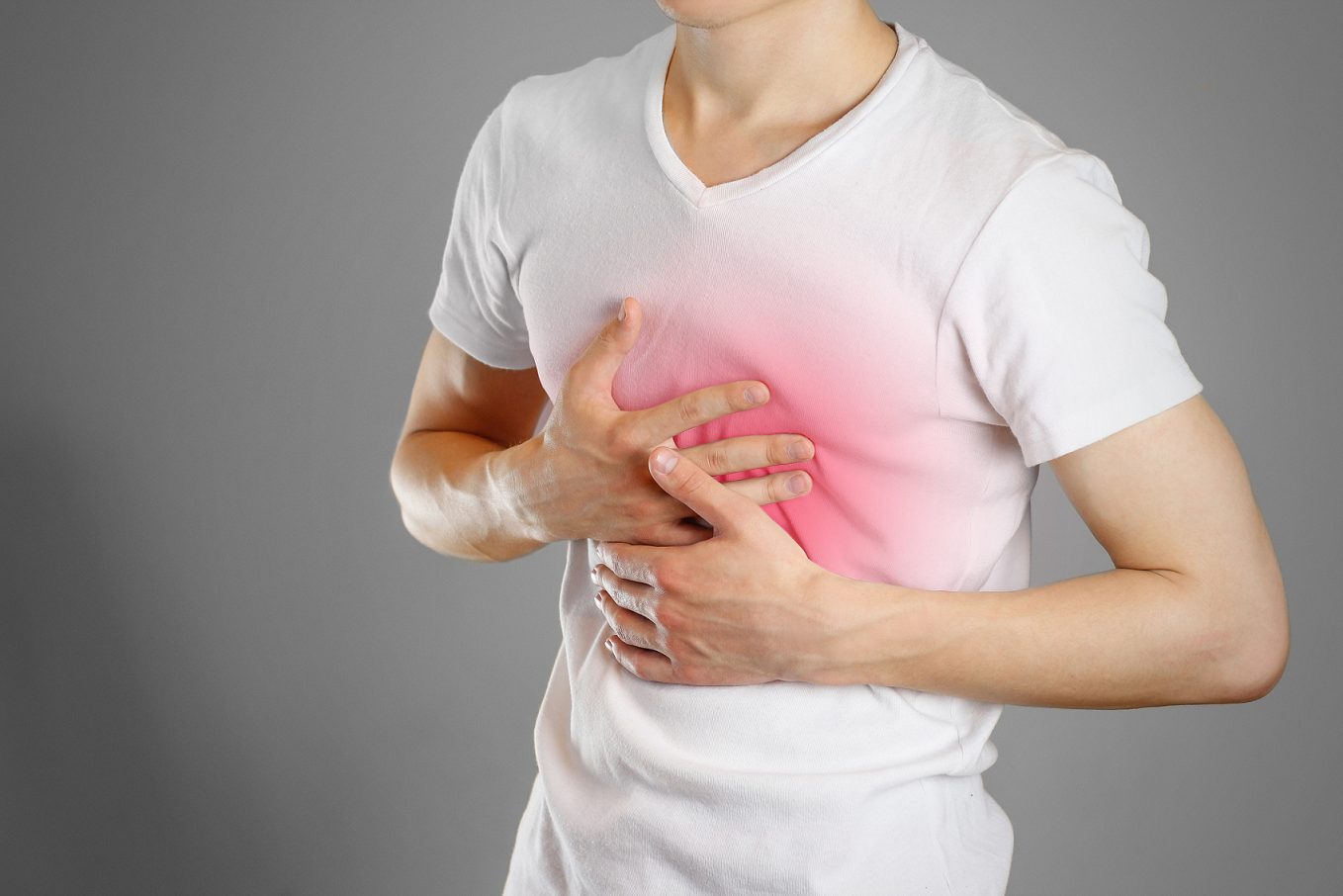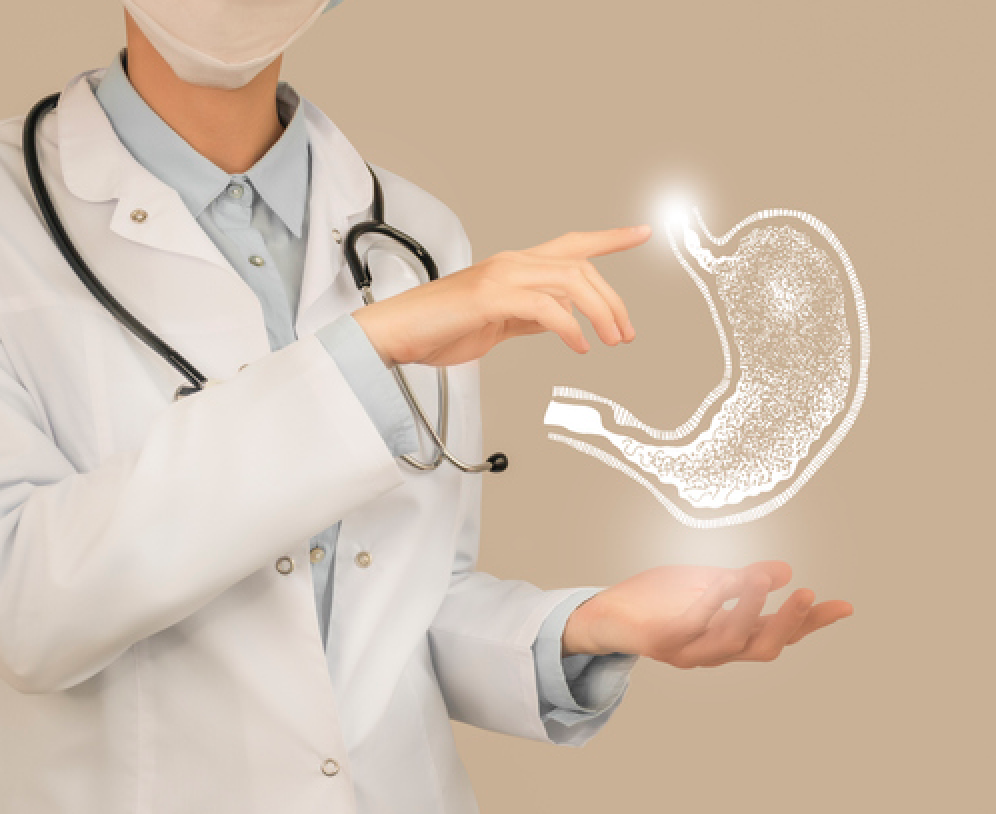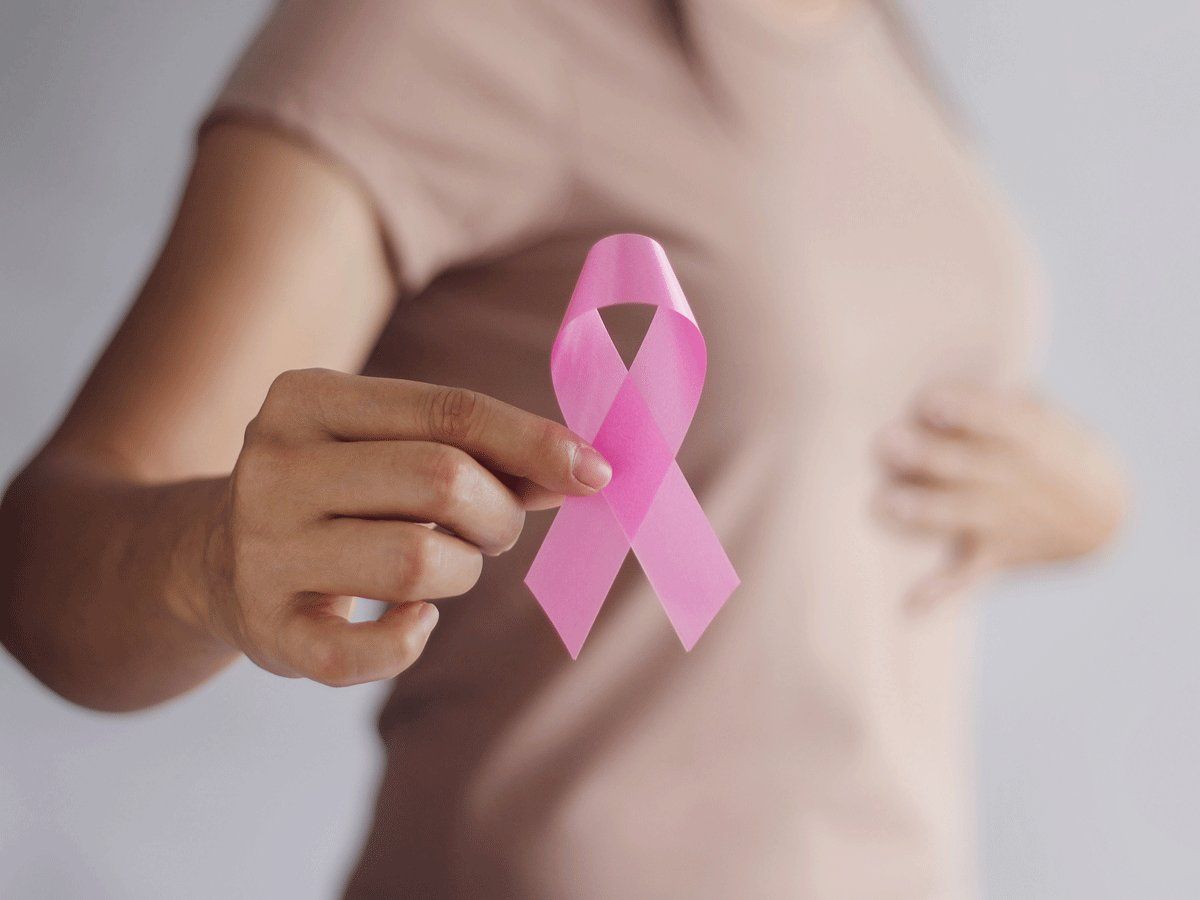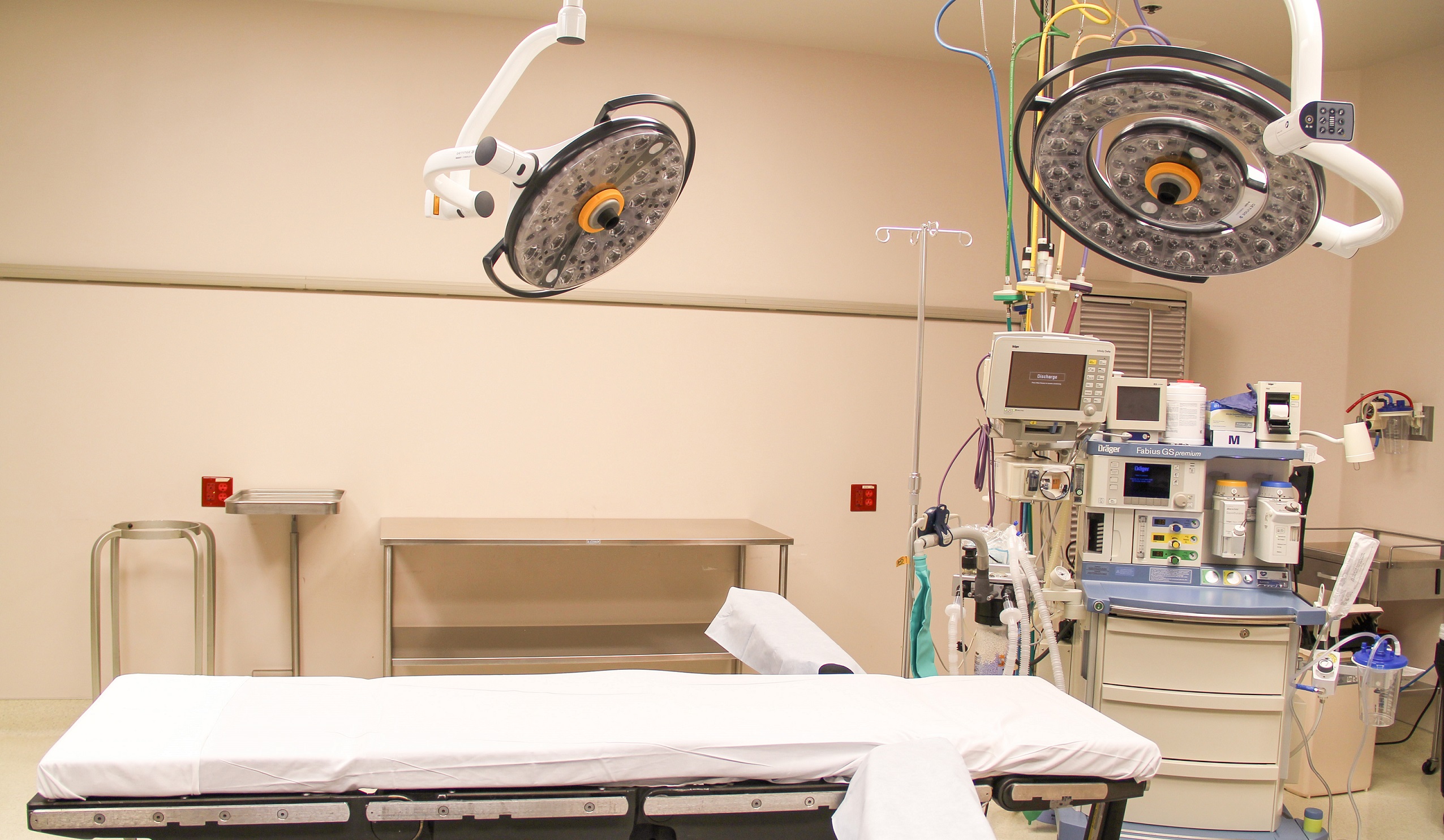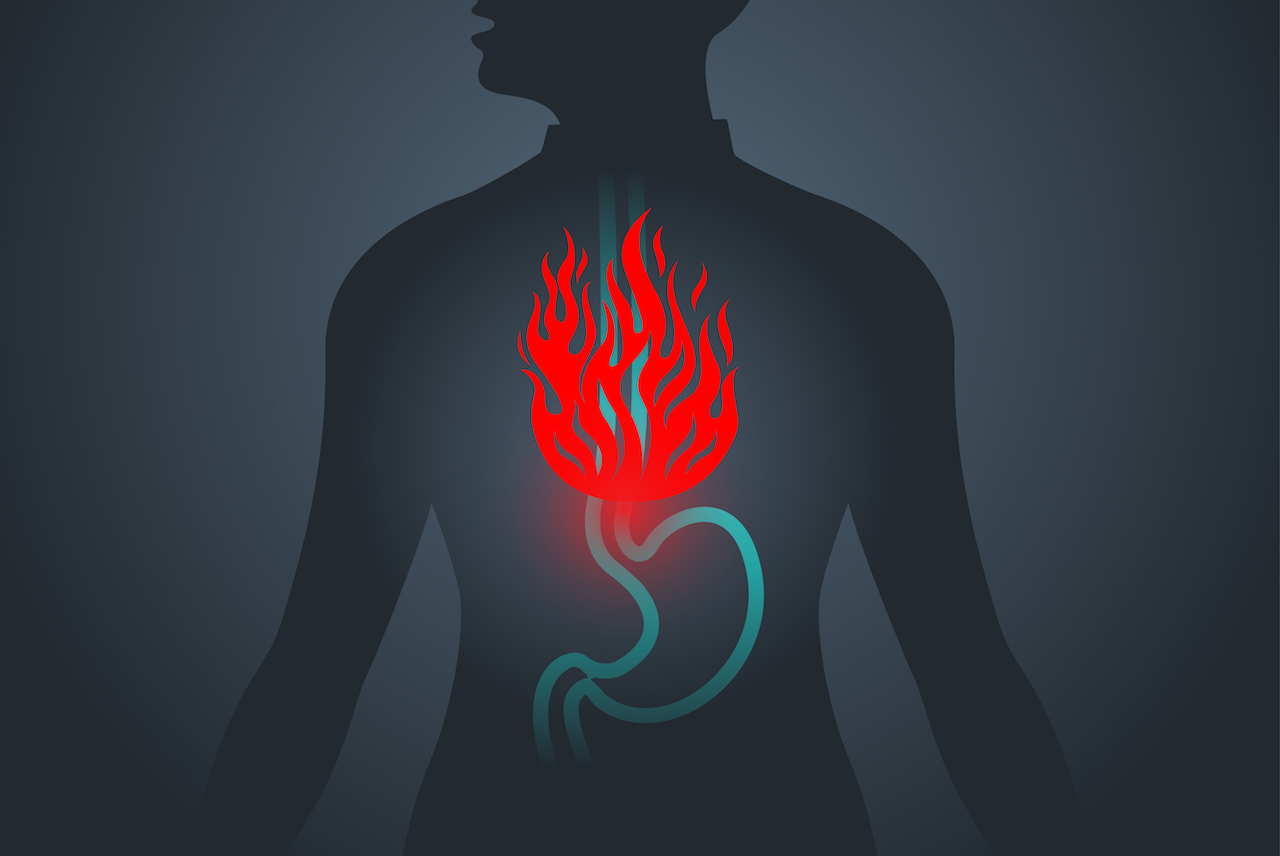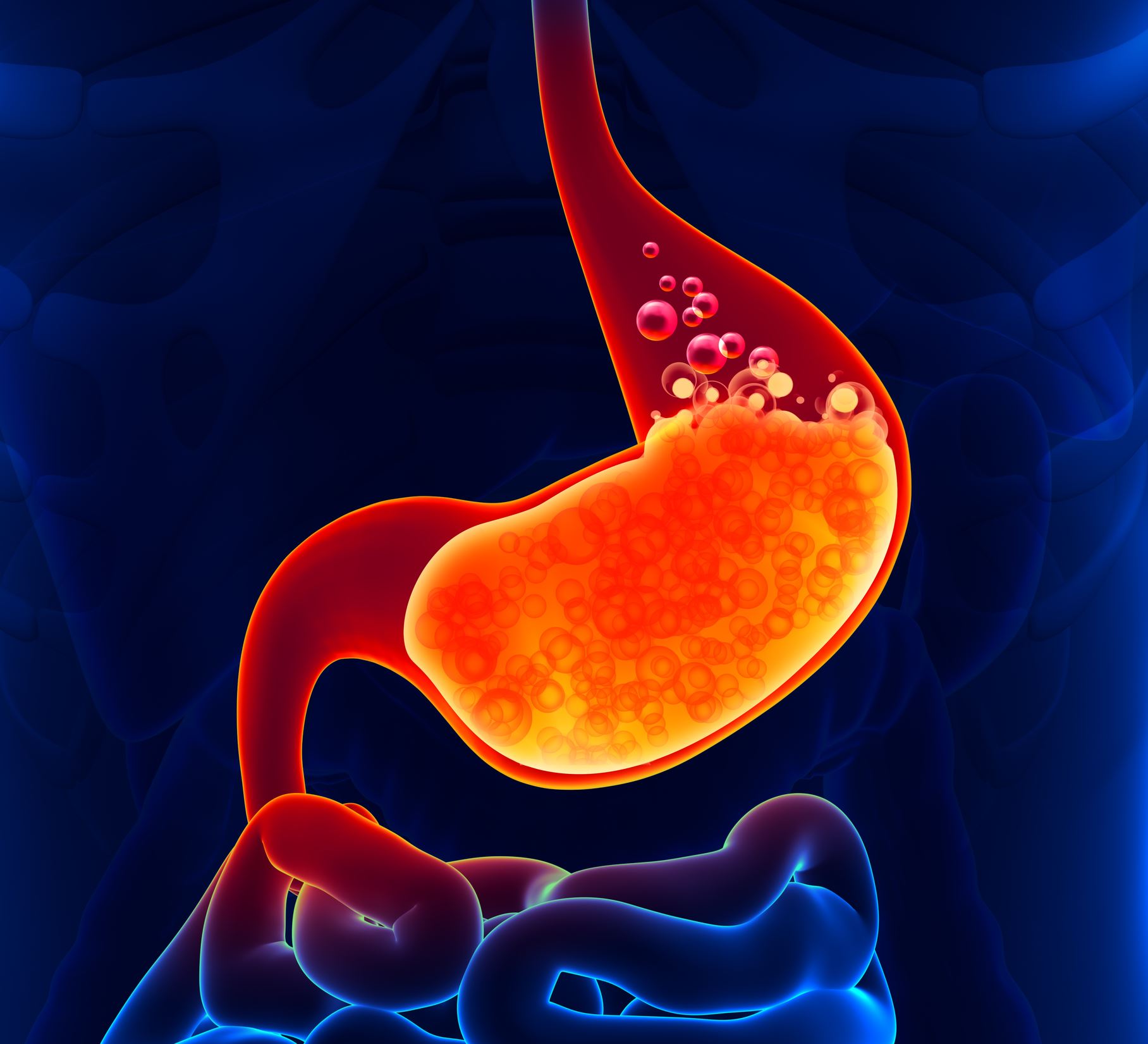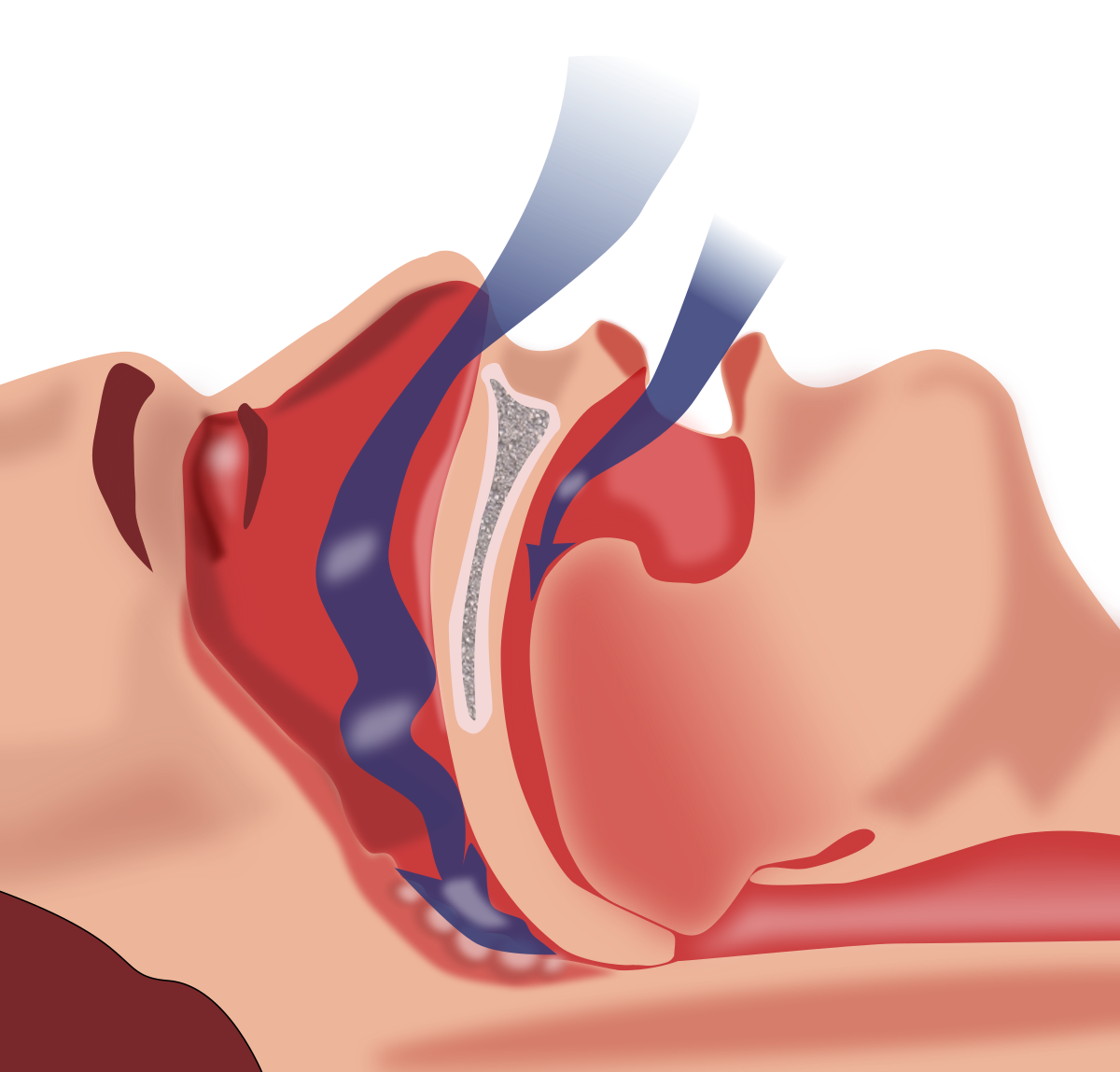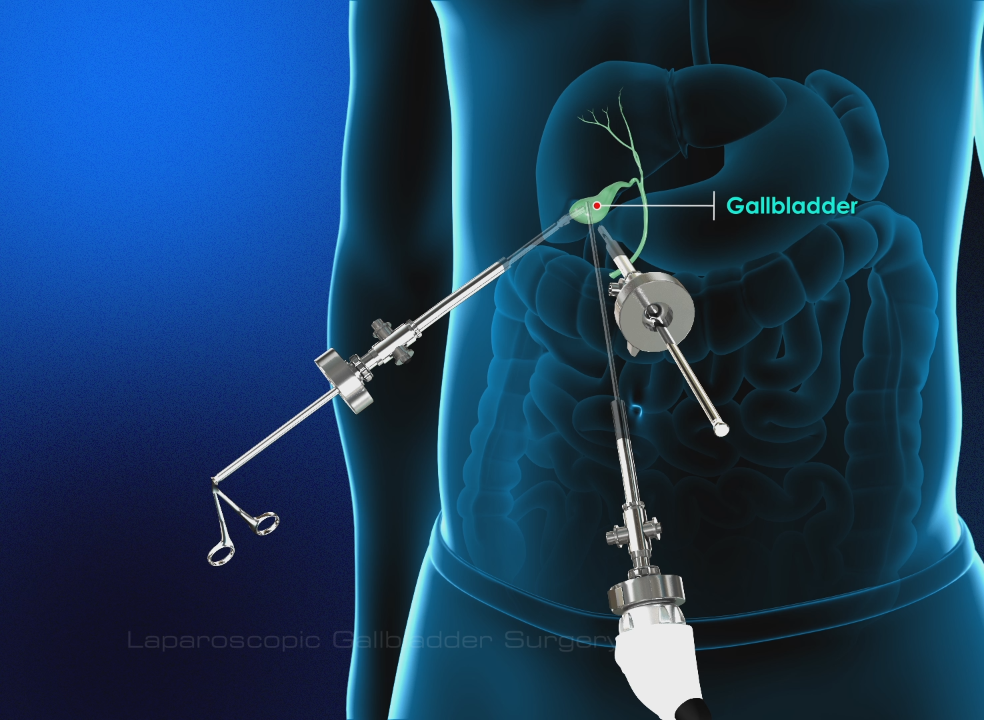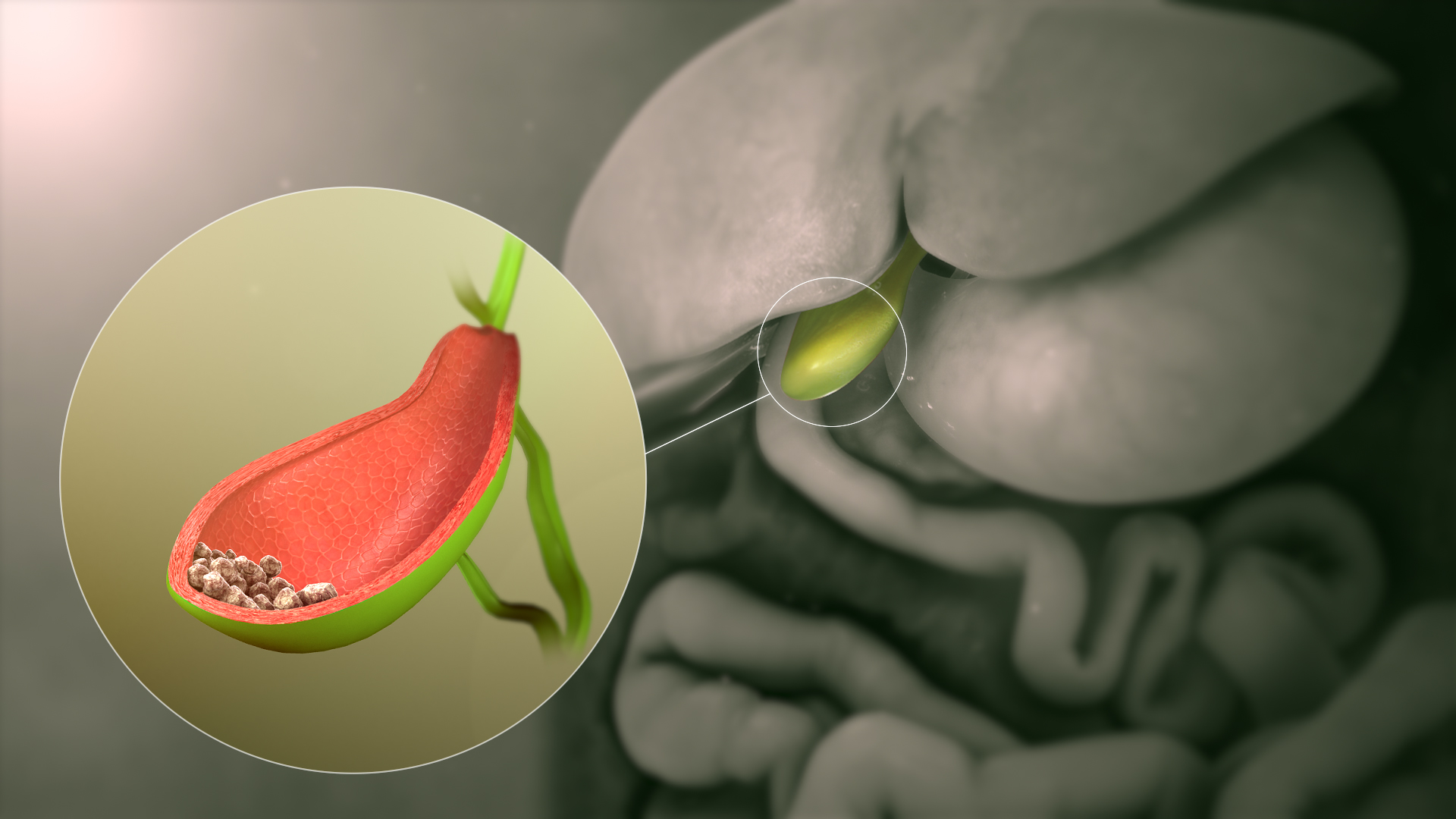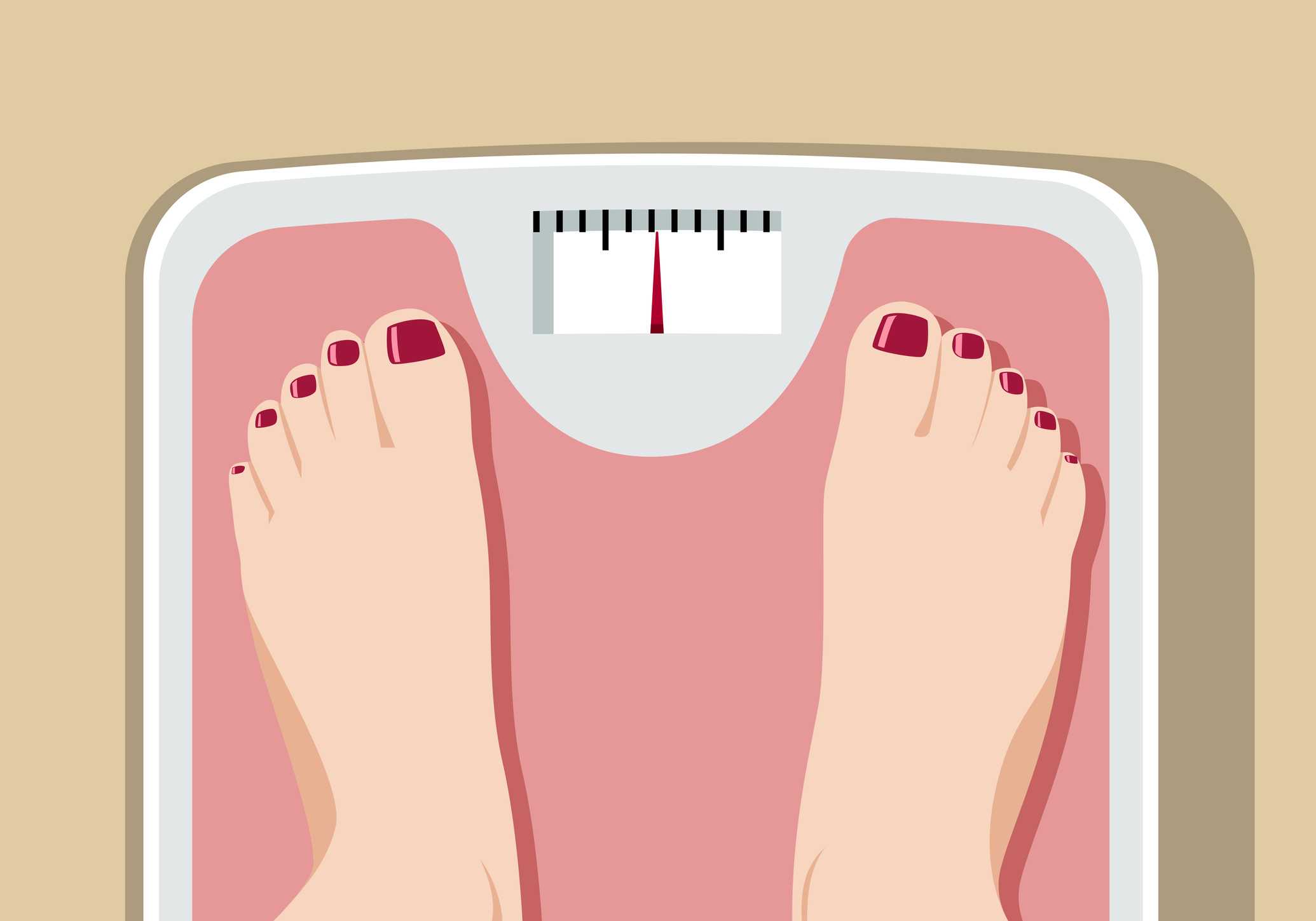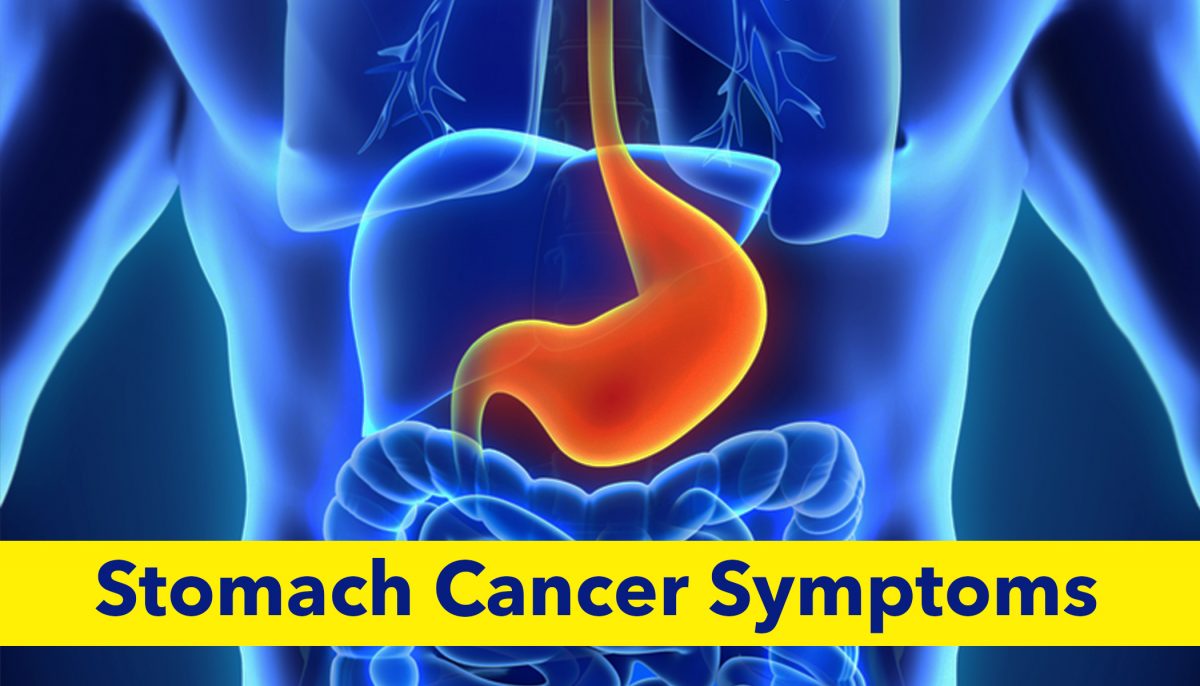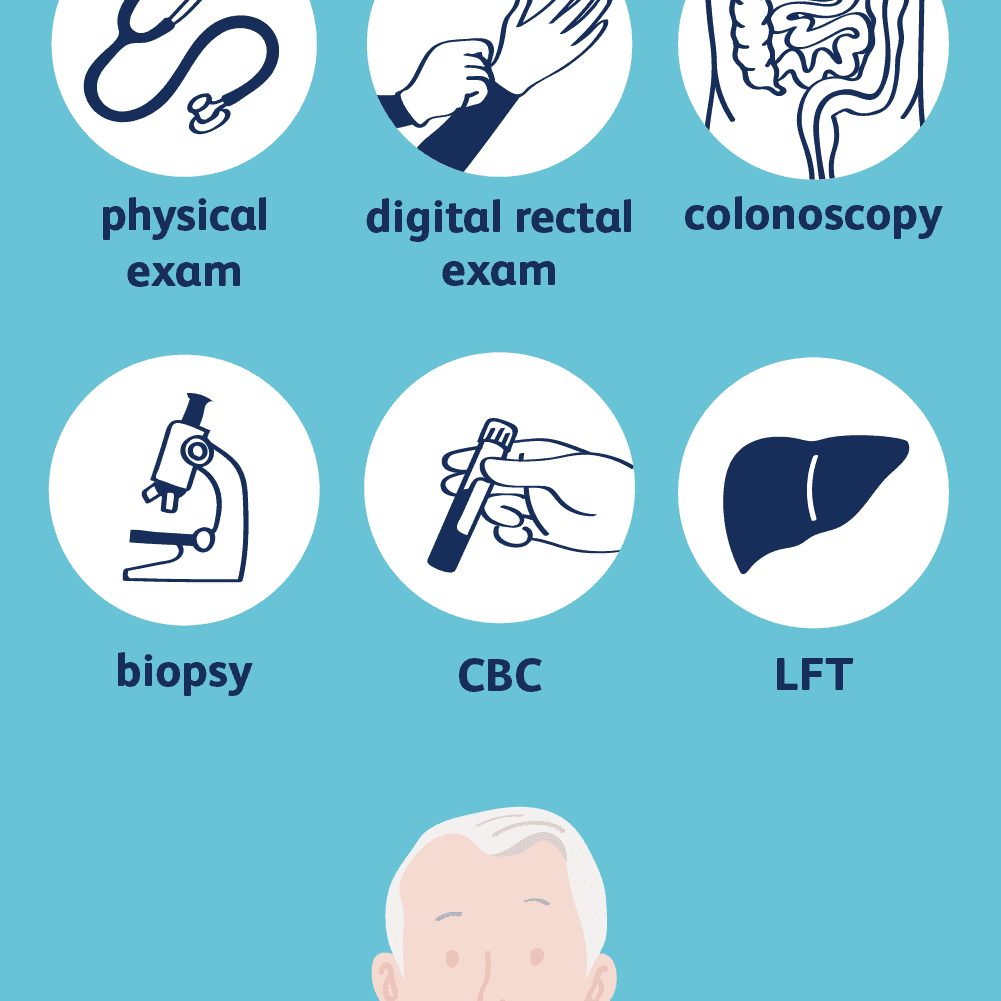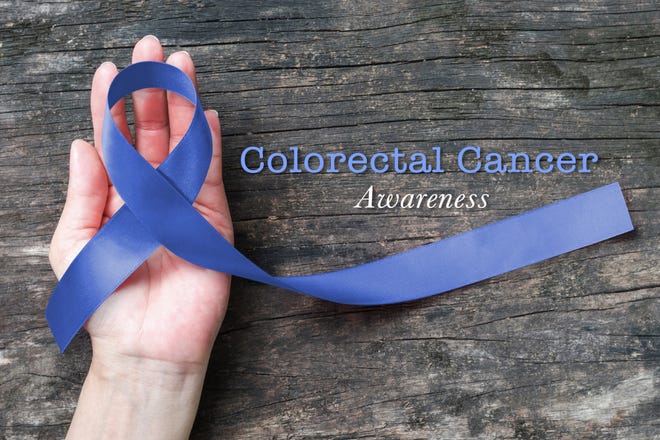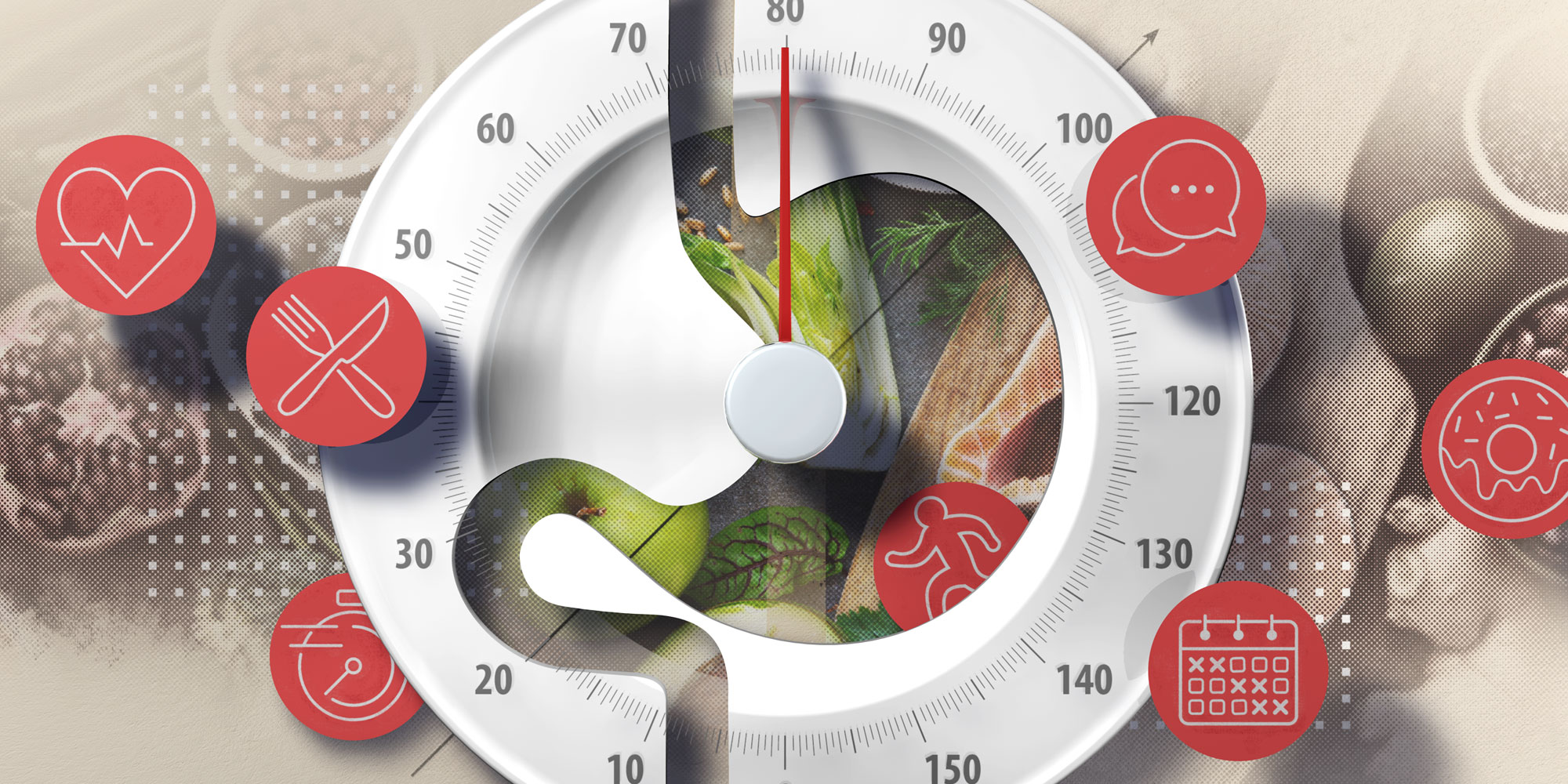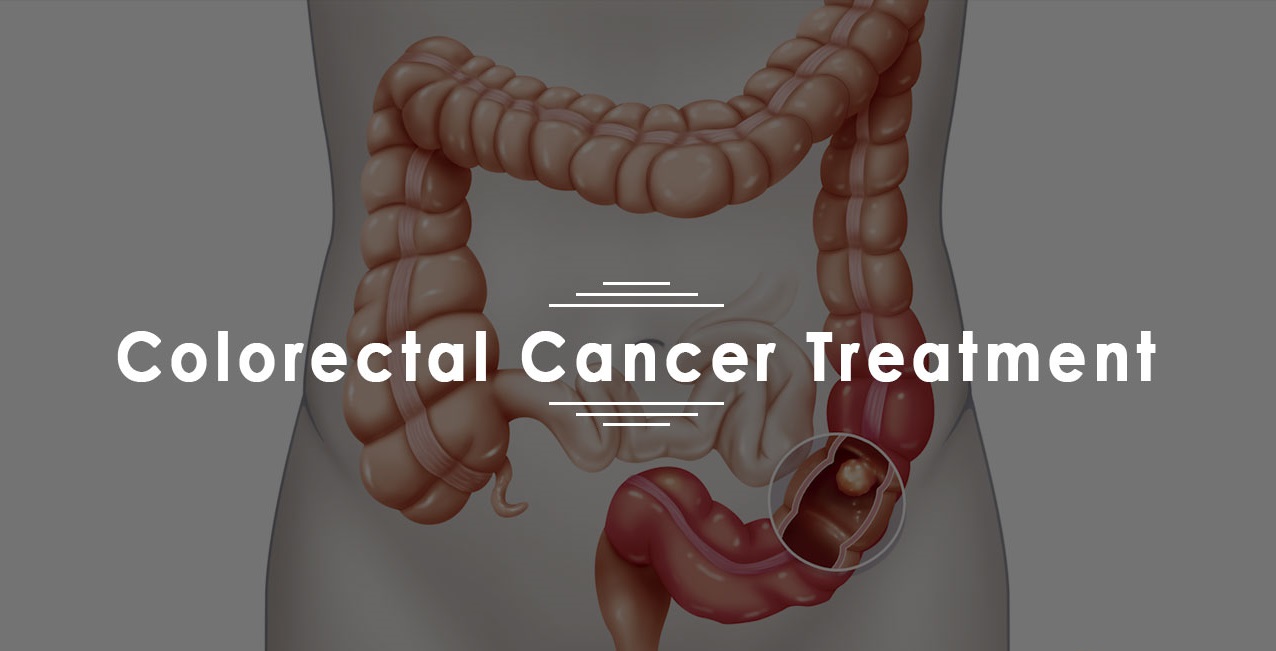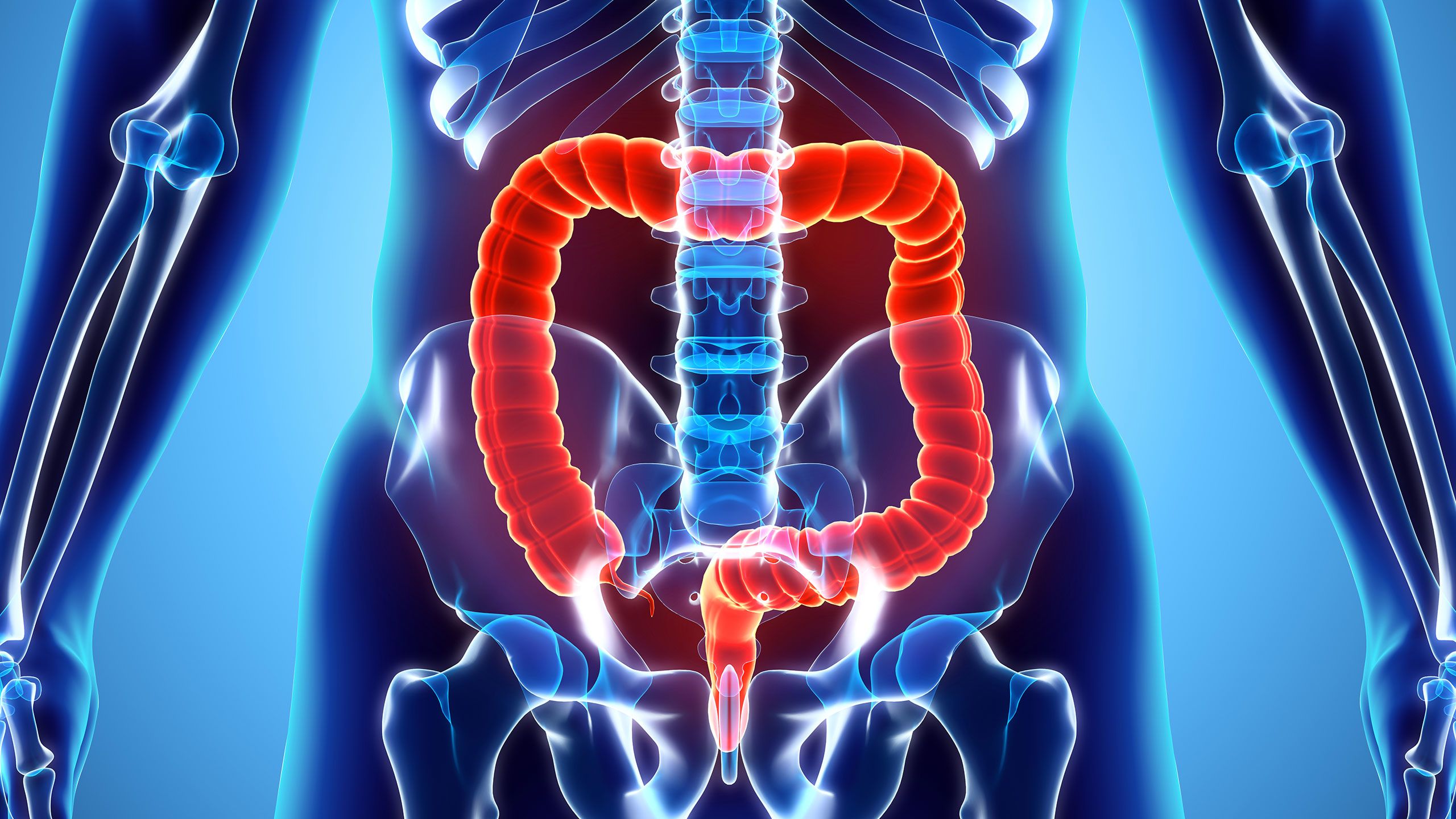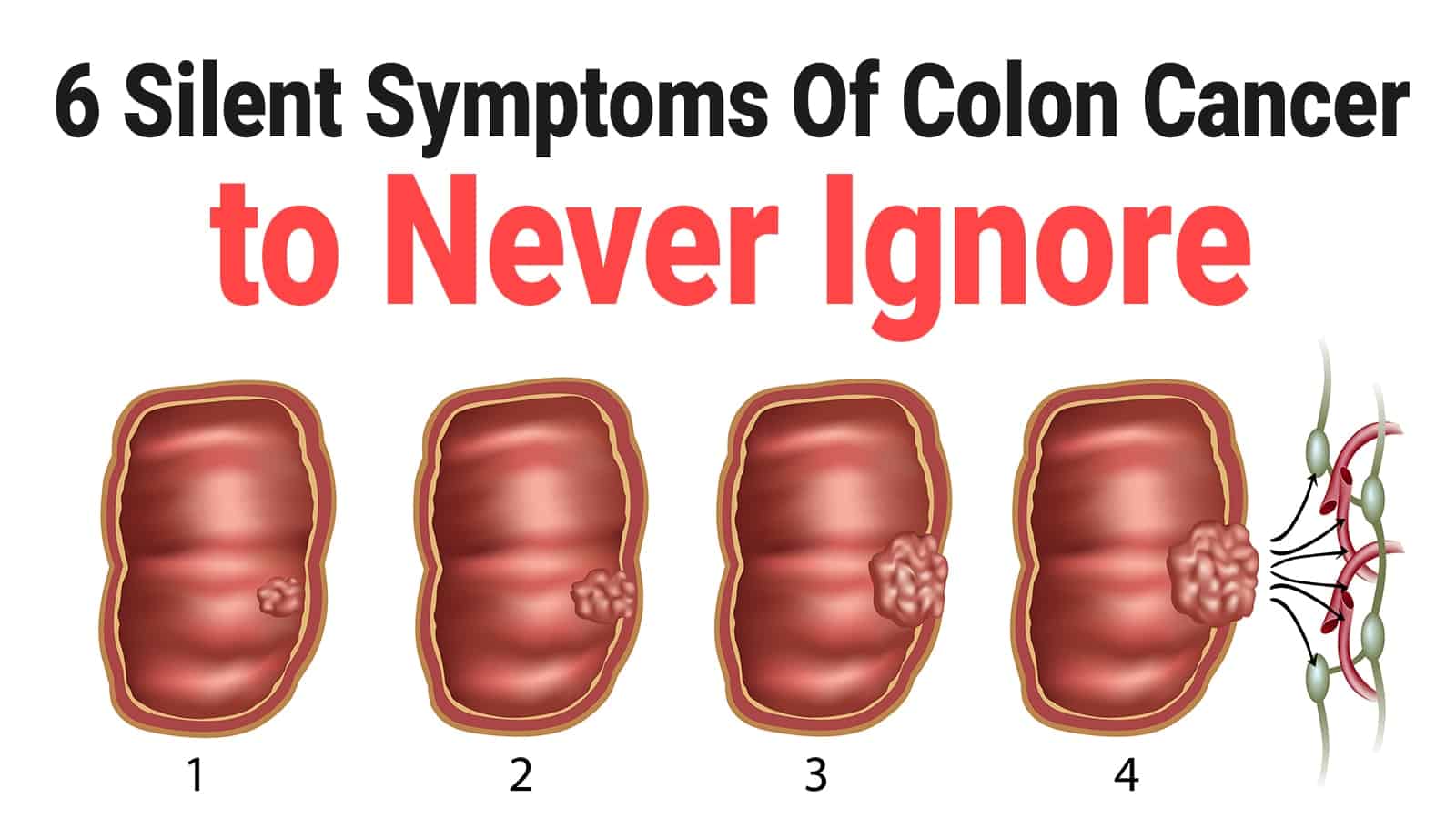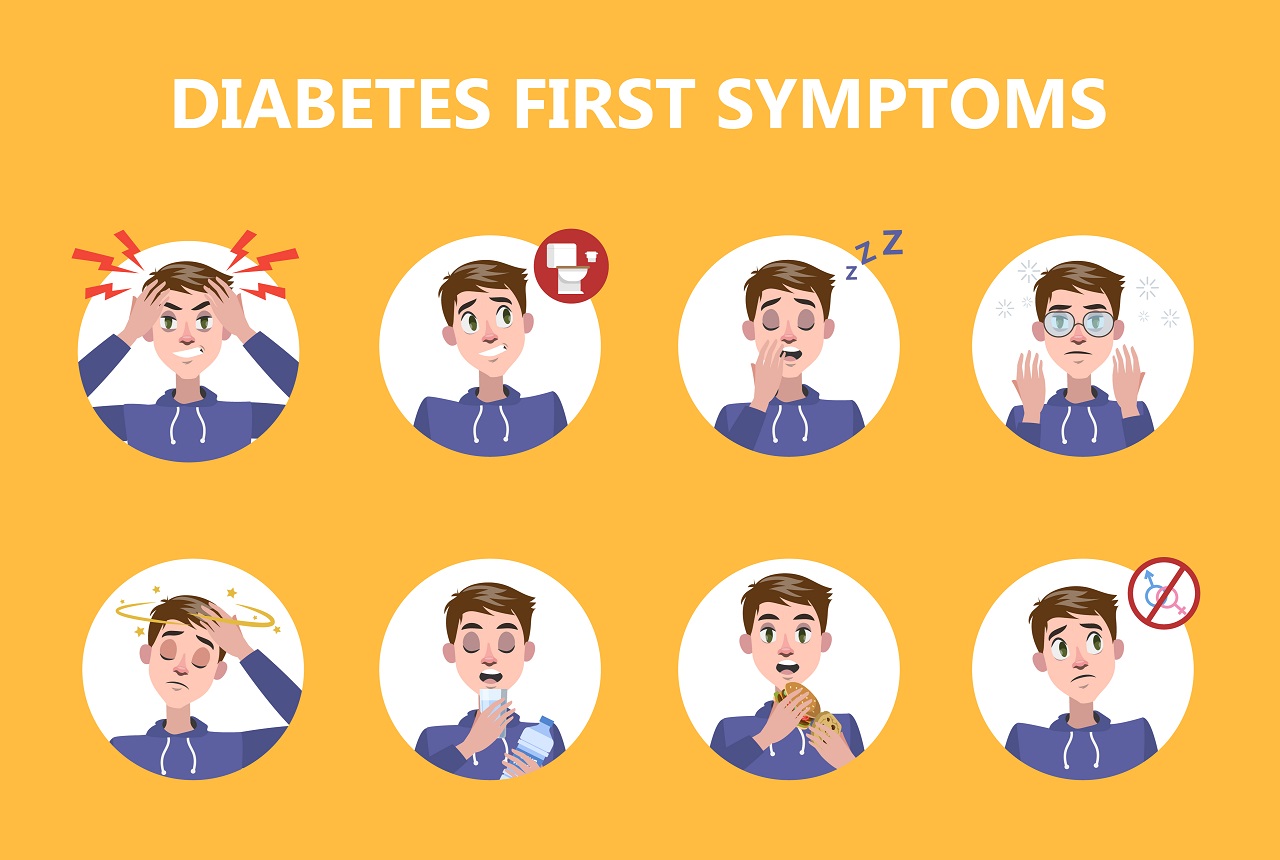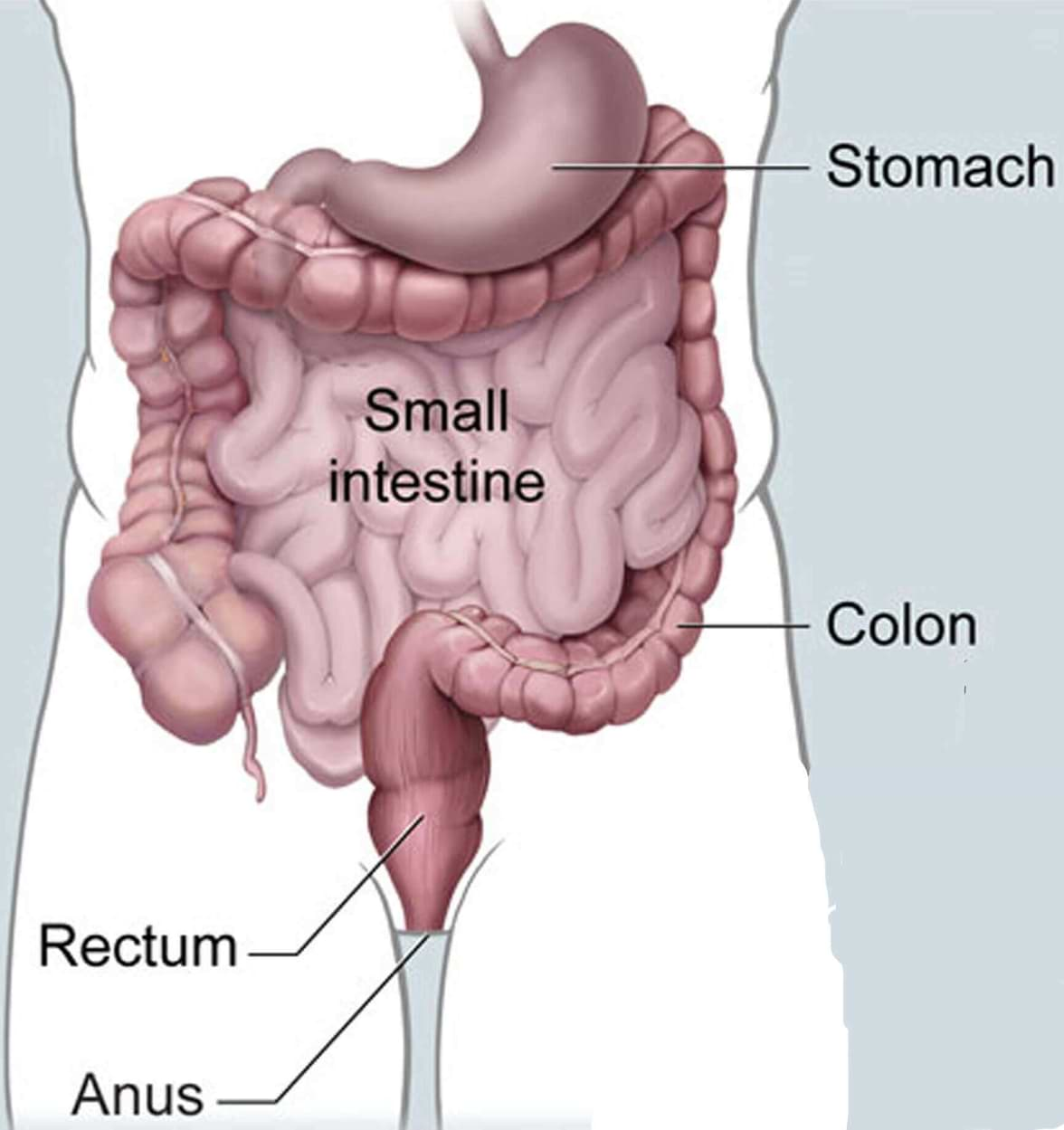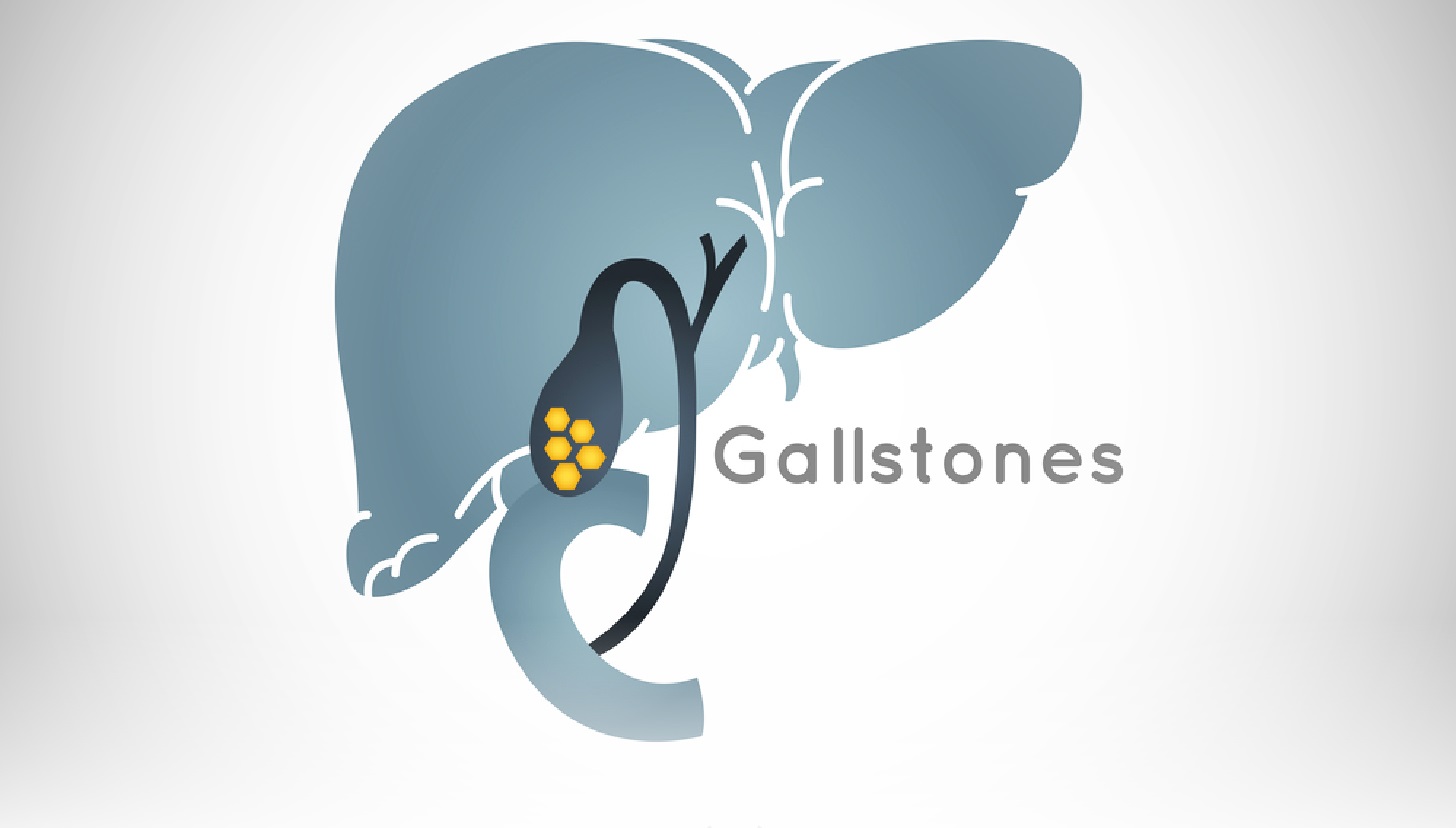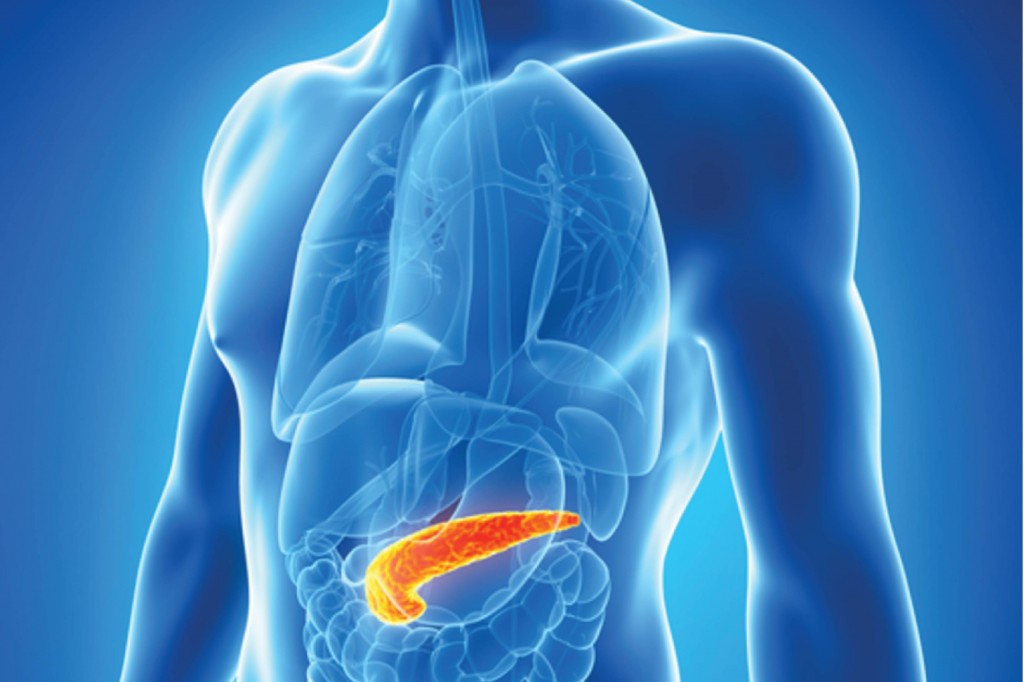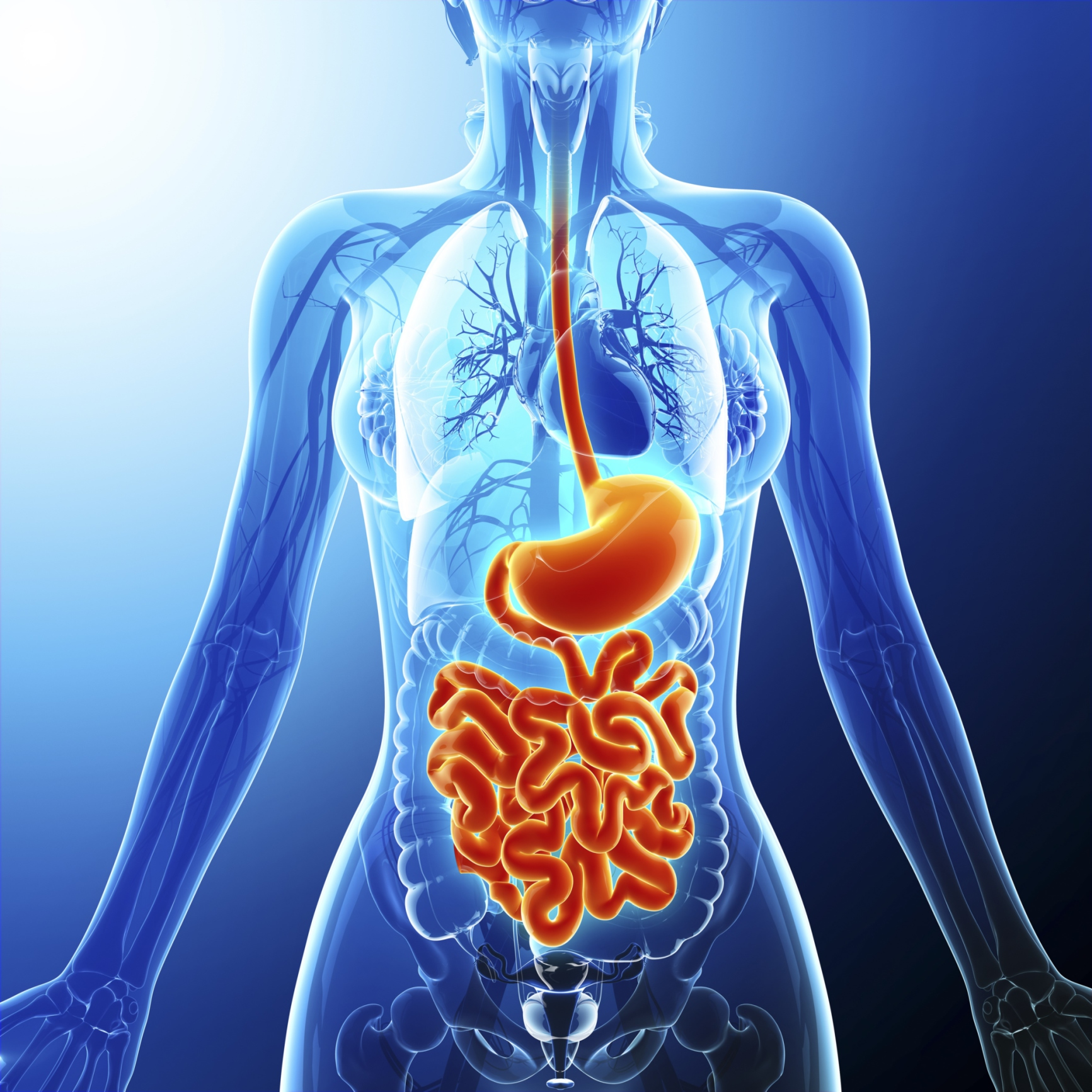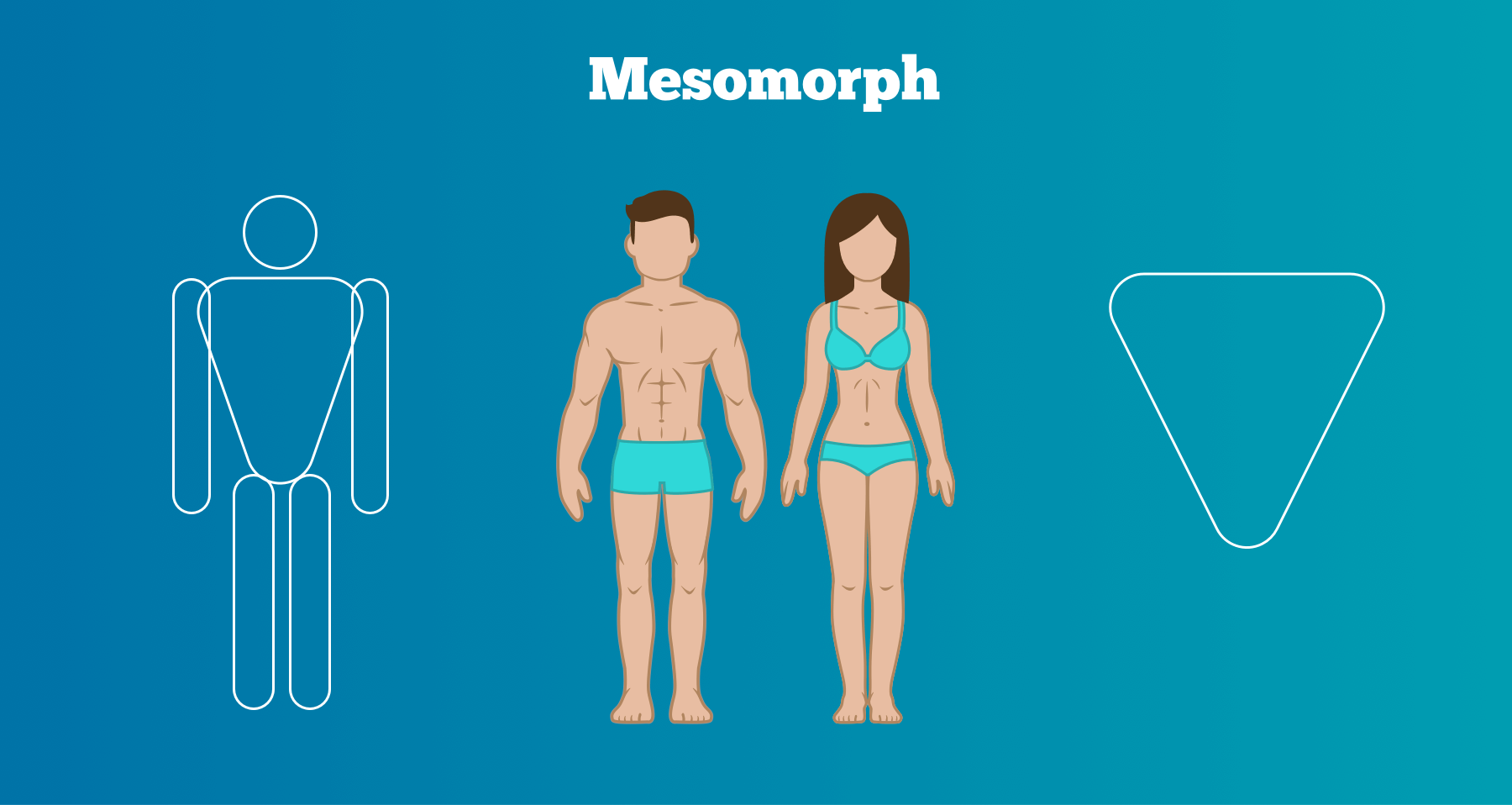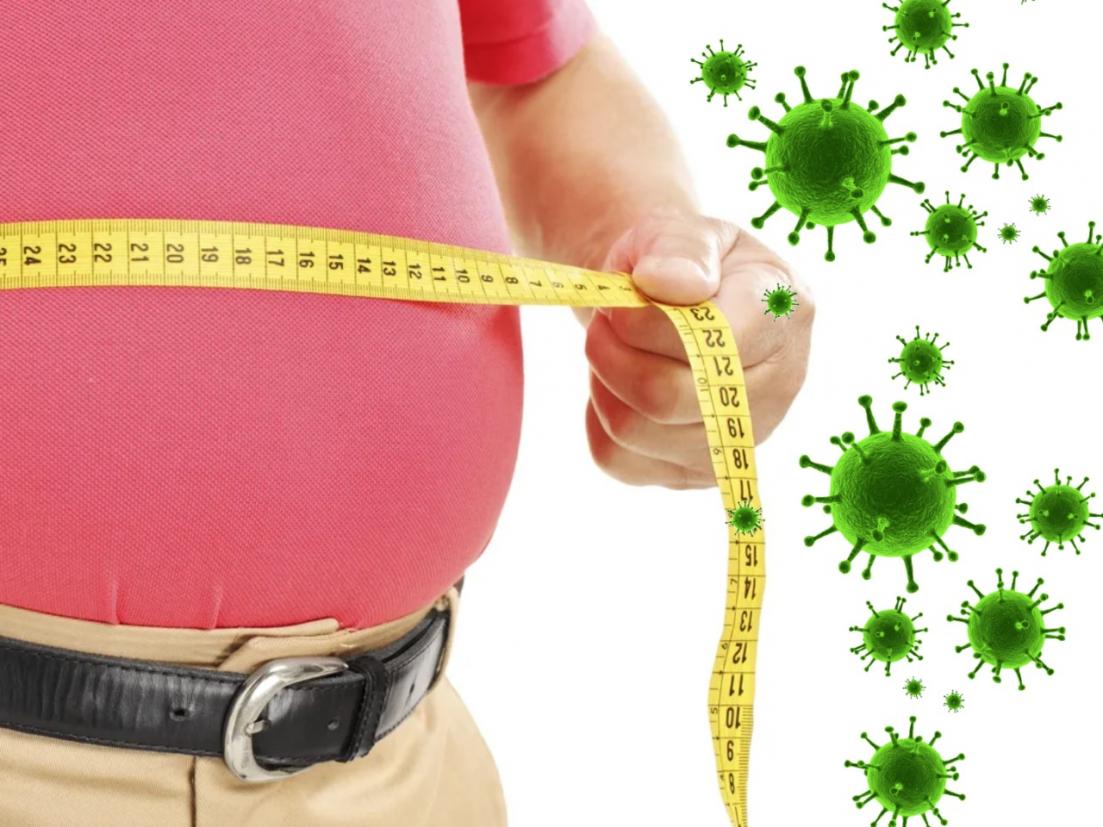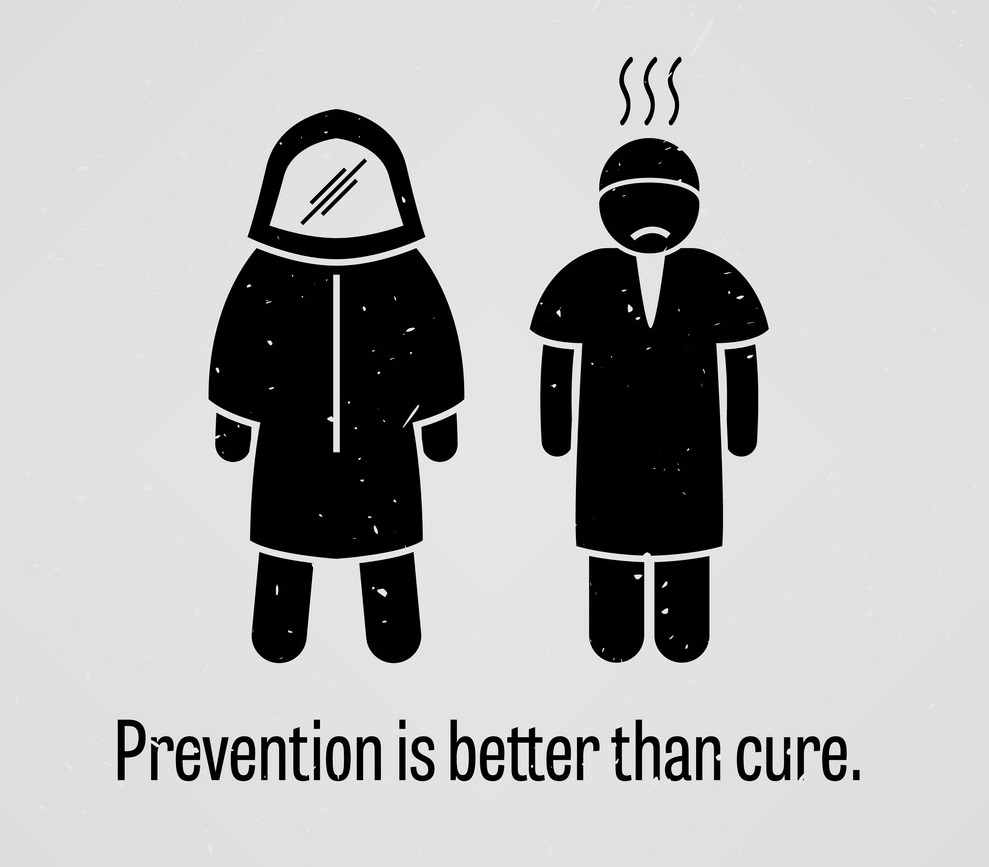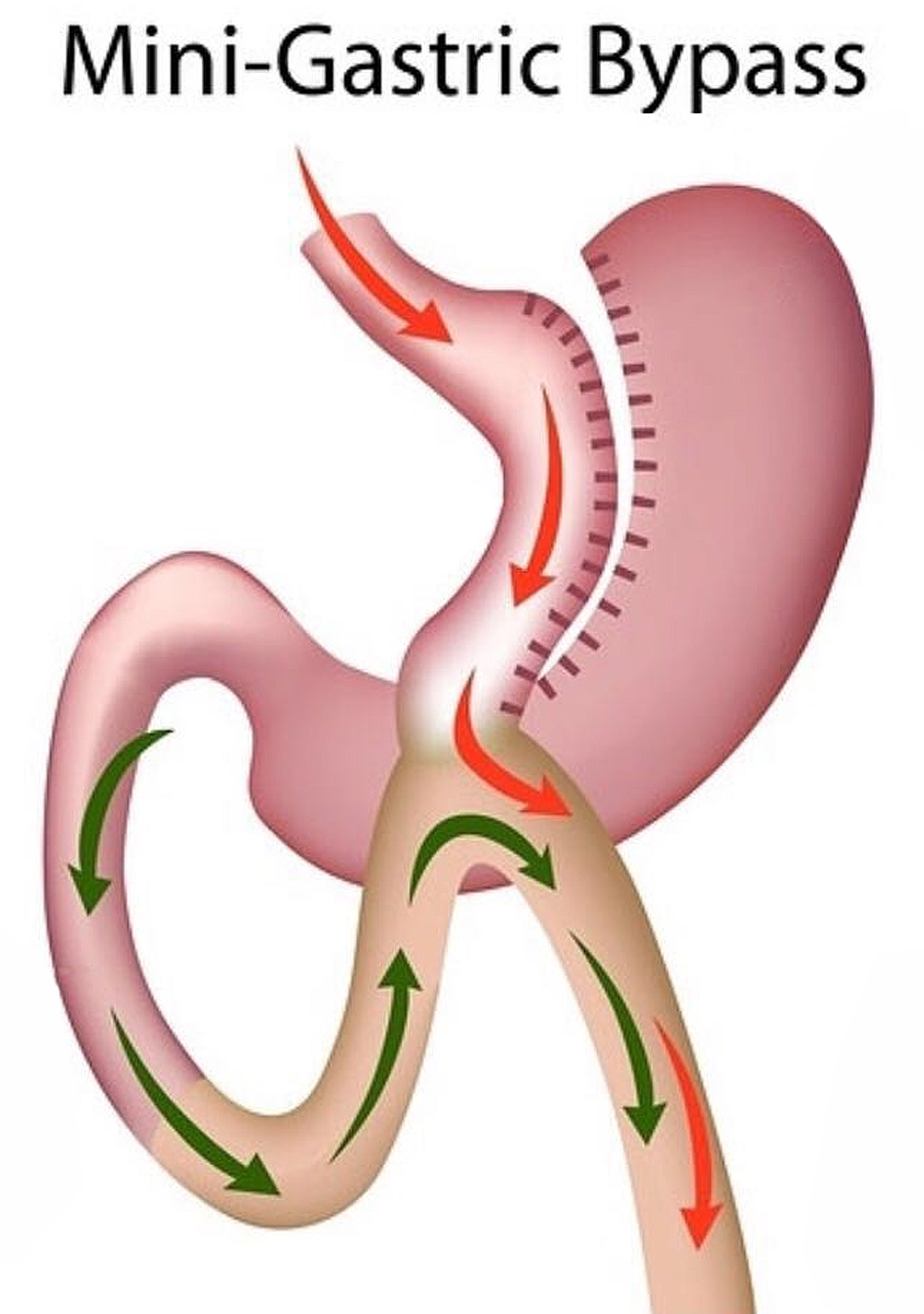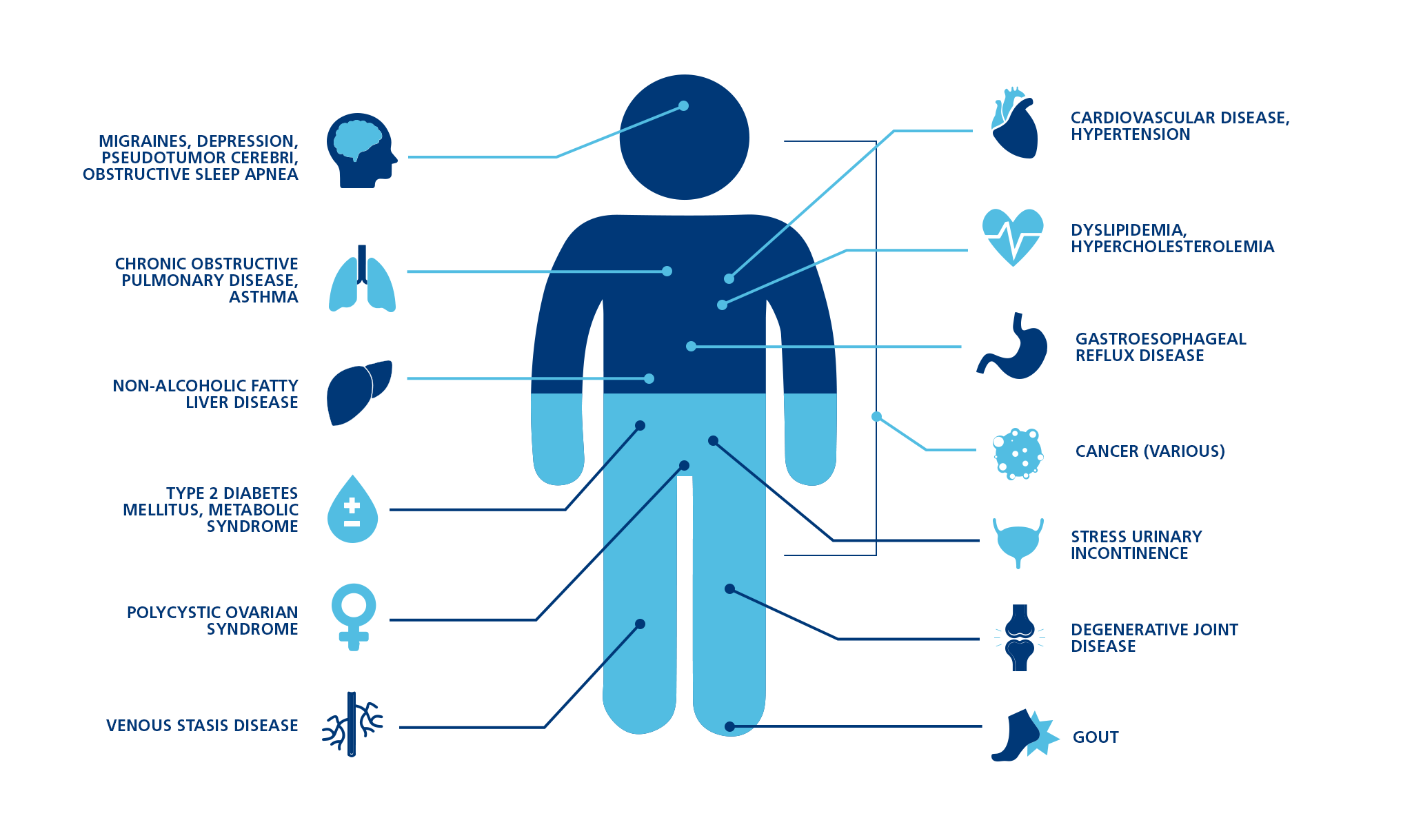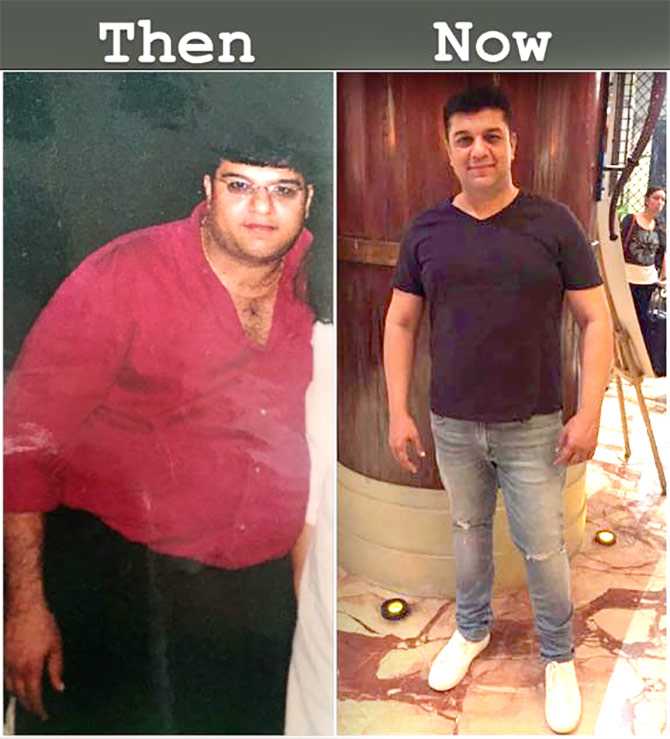Benefits of fasting, fasting and cancer, fasting and chemotherapy, cancer treatment, cancer prevention, chemotherapy
How fasting improves efficacy of Chemotherapy for Cancer Treatment
Several studies have shown the positive impact of fasting/ calorie restriction/ fasting-mimicking-diets(intermittent fasting) on cancer patients especially during their treatment stage.

Overview
Diet may influence various aspects of human health. In fact, it is well known that diet can favour or not the development of various human pathologies, like diabetes, hypertension, and hypercholesterolaemia. Interestingly, diet has an influence in cancer development too. Between the mechanisms that could explain this relation, there is epigenetics.
Epigenetics is the study of how our behaviours and environment can cause changes that affect the way our genes work. Unlike genetic changes, epigenetic changes are reversible and do not change your DNA sequence, but they can change how our body reads a DNA sequence.
In fact, thanks to epigenetic reprogramming, certain substances introduced with diet could affect gene expression, especially of those genes involved in cells’ proliferation and growth. In recent years, several studies have been published about the role that diet could have on chemotherapy outcome. In particular, these studies have analysed the effects of fasting and ketogenic diet during chemotherapy.
What research says
The first scientific paper reporting that calorie restriction inhibited the growth of tumors transplanted into mice was published by Carlo Moreschi in 1909. Since then, a large body of work has established that calorie restriction reduces the progression of tumors in various animal models. (source)
One of the studies in this field was carried out by Dr. Longo and Dr. Fontana in 2010. In their study, they mainly emphasized on how lifestyle and environmental factors affect cancer initiation, promotion and progression, suggesting that many malignancies are preventable. Epidemiological studies strongly suggest that excessive adiposity, decreased physical activity, and unhealthy diets are key players in the pathogenesis and prognosis of many common cancers. In addition, calorie restriction, without malnutrition, has been shown to be broadly effective in cancer-prevention in laboratory strains of rodents. Adult-onset moderate Calorie restriction also reduces cancer incidence by 50% in monkeys. (source)
Another research published in 2017 compiles the results from clinical trials performed in a total of 22 studies including 18 studies on mice and dogs, and 4 preliminary experiments on humans published from 2002 to 2016 to check out the effectiveness of fasting/ calorie restriction. They concluded that while the studies were not enough to make it a standard practice for cancer treatment, it could be seen that fasting did improve the effectiveness of cancer treatment. (source)
One of the key observations in another study published in 2018 showed vulnerability of cancer cells to nutrient deprivation and their dependency on specific metabolites. Another observation was how fasting or fasting-mimicking-diets increase resistance to chemotherapy in normal but not cancer cells and promote regeneration in normal tissues, which could help prevent detrimental and potentially life-threatening side effects of treatments. The researchers suggested that the combination of fasting-mimicking-diets with chemotherapy, immunotherapy or other treatments represents a potentially promising strategy to increase treatment efficacy, prevent resistance acquisition and reduce side effects. (source)
Another study published in 2020 concluded that fasting is able to reduce chemotherapy toxicity and, at the same time, increase quality of life in patients receiving this approach. (source)
Another study published in 2021 stated that restricting glucose, amino acids, and growth factors by fasting and fasting- mimicking- diets induces the protection of the organism, organs, and cells while simultaneously reducing tumor progression in a nutrient-restricted challenging environment, particularly in combination with commonly used chemotherapeutic drugs or other emerging therapeutic approaches. (source)
What to keep in mind
While fasting/ calorie restriction/ fasting-mimicking-diets have shown positive impact in prevention and treatment of cancer, it may not be the case for everyone.
It may not be appropriate for everyone, particularly those who are underweight or very ill. Also, it should never be attempted without the supervision of qualified practitioners.
For general cancer prevention, it may be beneficial to add intermittent or short-term fasts in combination with a plant-based cancer prevention diet.
Here are some useful tips based on several studies-
- In general, follow an anti-inflammatory diet with lots of colourful fruits, vegetables, beans, lentils, herbs and spices.
- Low to moderate carbohydrate intake with low glycemic starches
- Healthy fats at every meal, including good sources of Omega-3s
- Moderate protein intake of 3-4 ounces per meal from a combination of animal and plant proteins
- Lengthen the time between dinner and breakfast to allow for a longer overnight fast, with the goal of 13 or more hours, for example dinner by 6:00 pm and breakfast after 7:00 am.
- Short-term water fasts of 1-3 days to possibly help re-generate the immune system and increase cellular protection against oxidative stress. Working with a healthcare provider, you can determine how often it may be appropriate for you to engage in a fast.
- If you are a cancer patient, water fasting 2-3 days prior to treatment and up to one day following treatment to optimize the efficacy of treatment and reduce treatment-related side effects may be considered, but only under the supervision of a qualified practitioner.
Bottomline
In the past few decades many studies have been carried out in regards to cancer, whether it be prevention or treatment. The prime focus of these studies have been to find suitable methods to prevent or treat cancer in the most efficient of manners. While the treatment/ prevention methods that includes fasting or fasting-mimicking-diets in combination with other ways like chemotherapy or immunotherapy are still under clinical trials and yet to become standard practice, but the studies so far have given positive results and fasting/ fasting-mimicking-diets are being considered as a feasible and effective way of dealing with cancer.
Reference
- https://pubmed.ncbi.nlm.nih.gov/11349885/
- https://www.ncbi.nlm.nih.gov/pmc/articles/PMC2829867/
- https://tcr.amegroups.com/article/view/12654/html#B1
- https://www.karger.com/Article/Fulltext/510839
- https://www.ncbi.nlm.nih.gov/pmc/articles/PMC8190229/
- https://osher.ucsf.edu/patient-care/integrative-medicine-resources/cancer-and-nutrition/faq/cancer-and-fasting-calorie-restriction
- https://www.ncbi.nlm.nih.gov/pmc/articles/PMC6938162/#!po=35.5670

